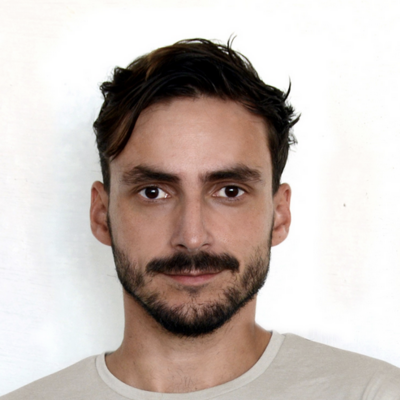

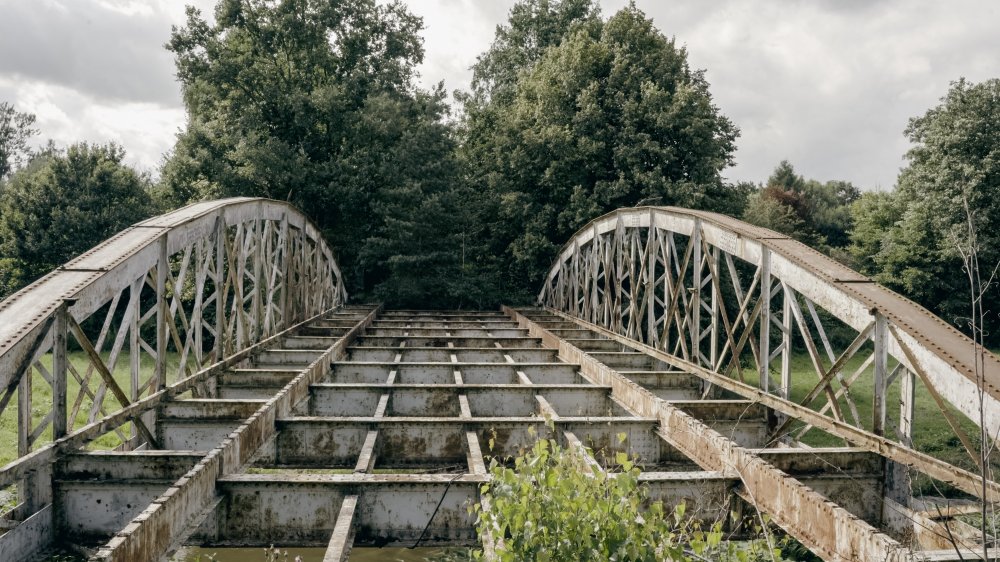
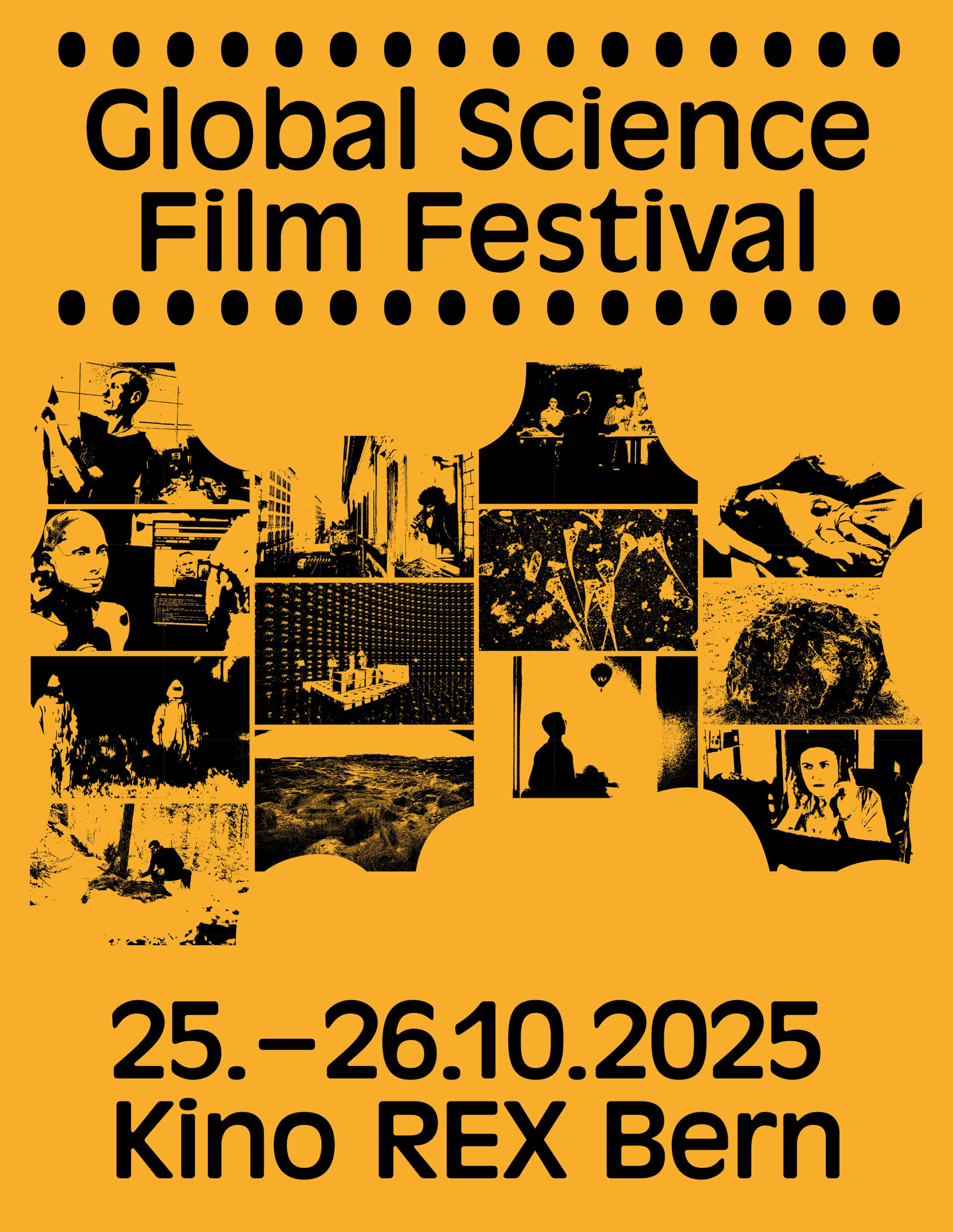
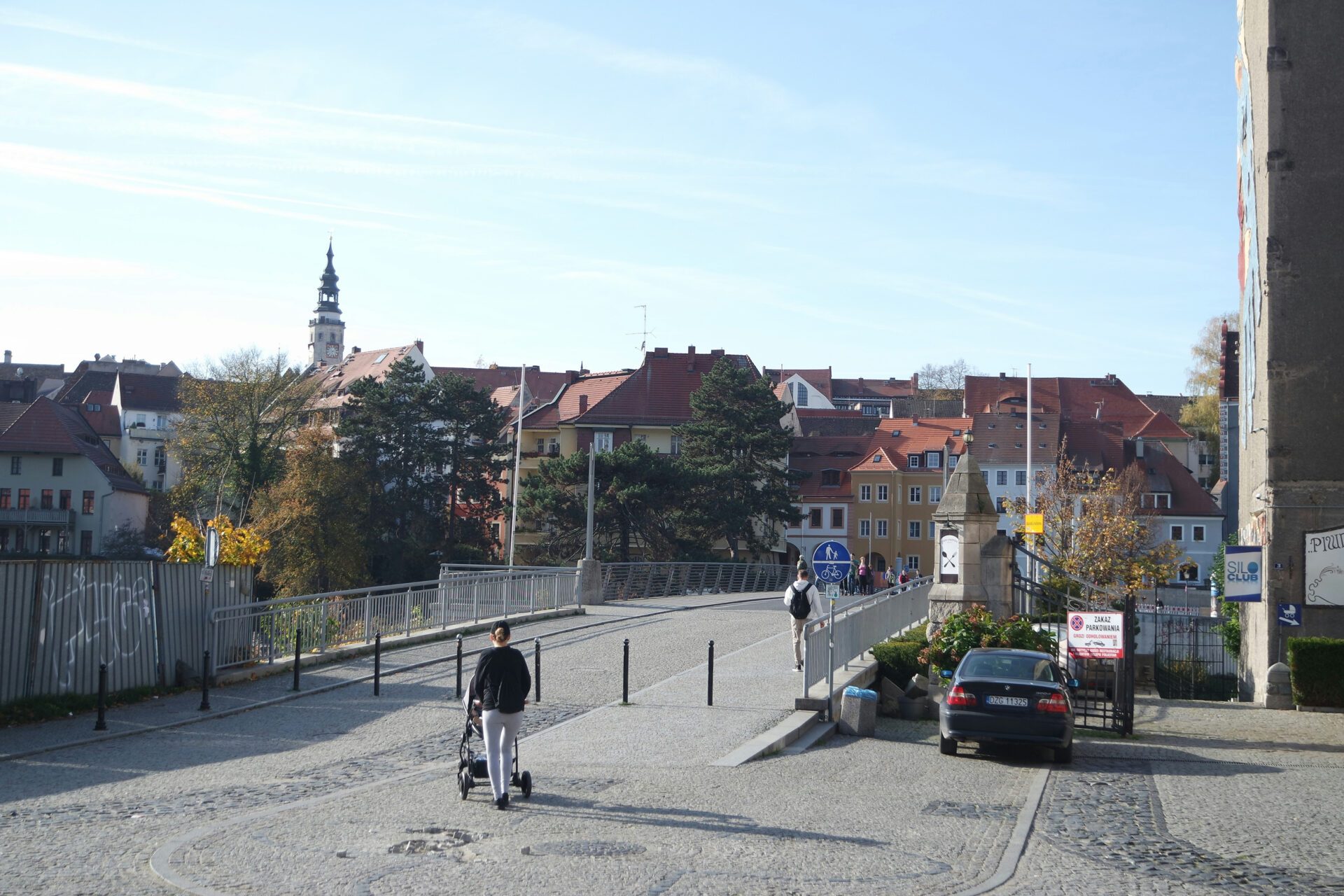
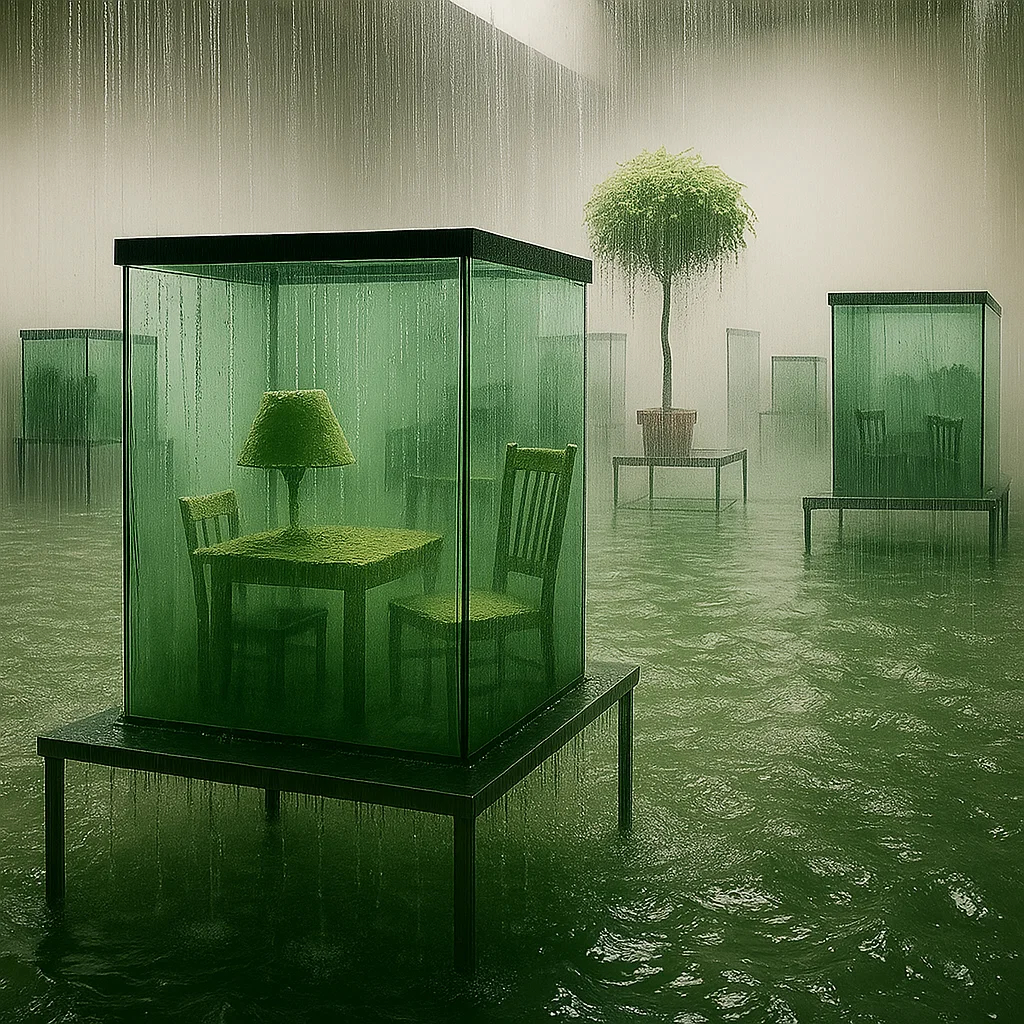


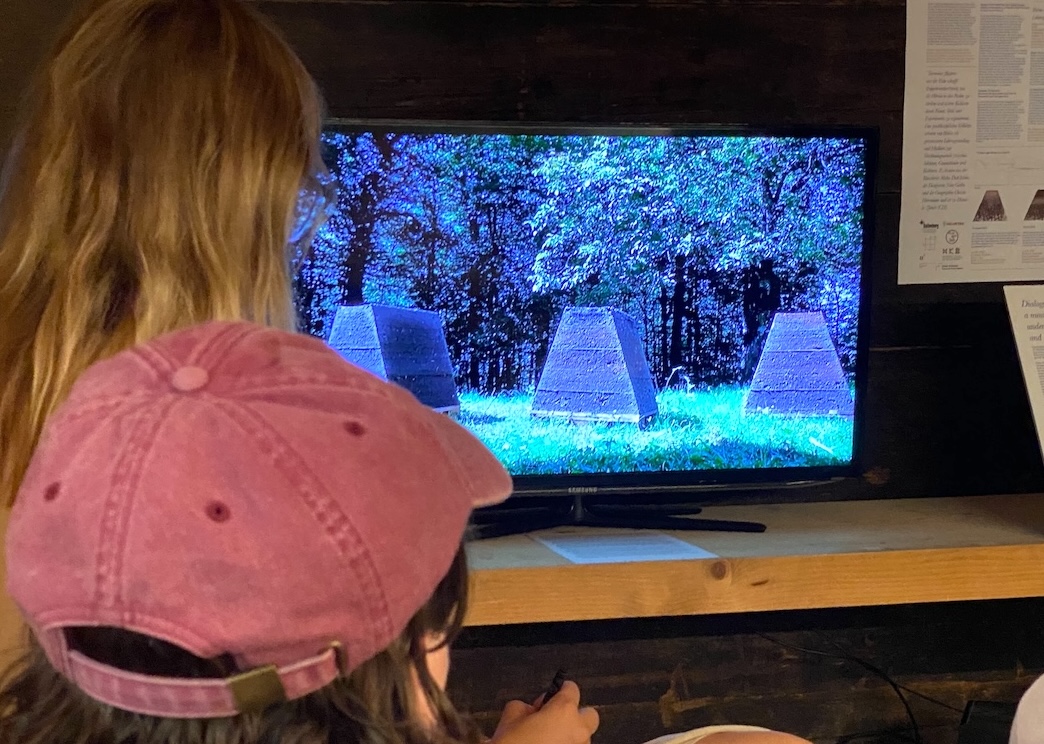

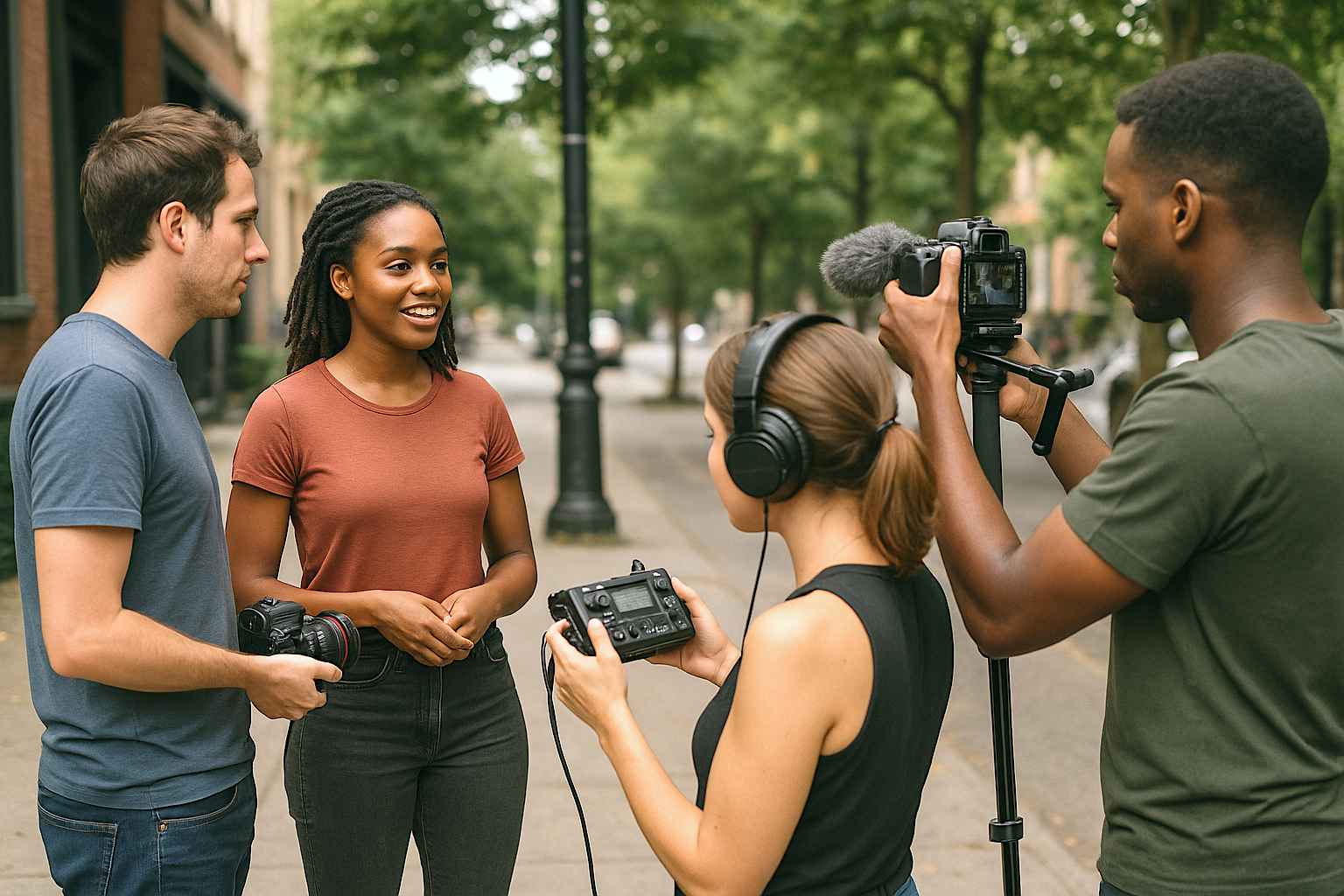
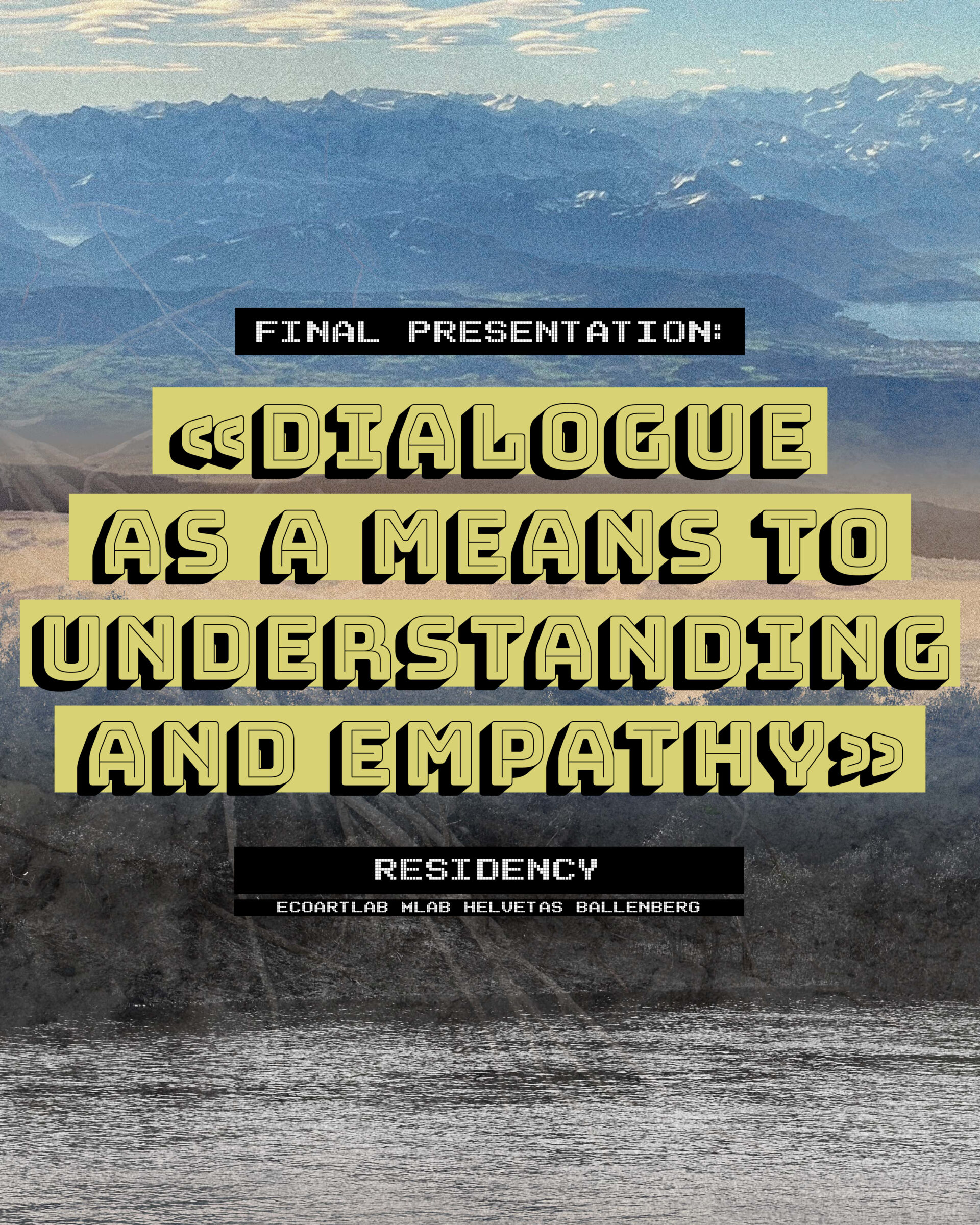
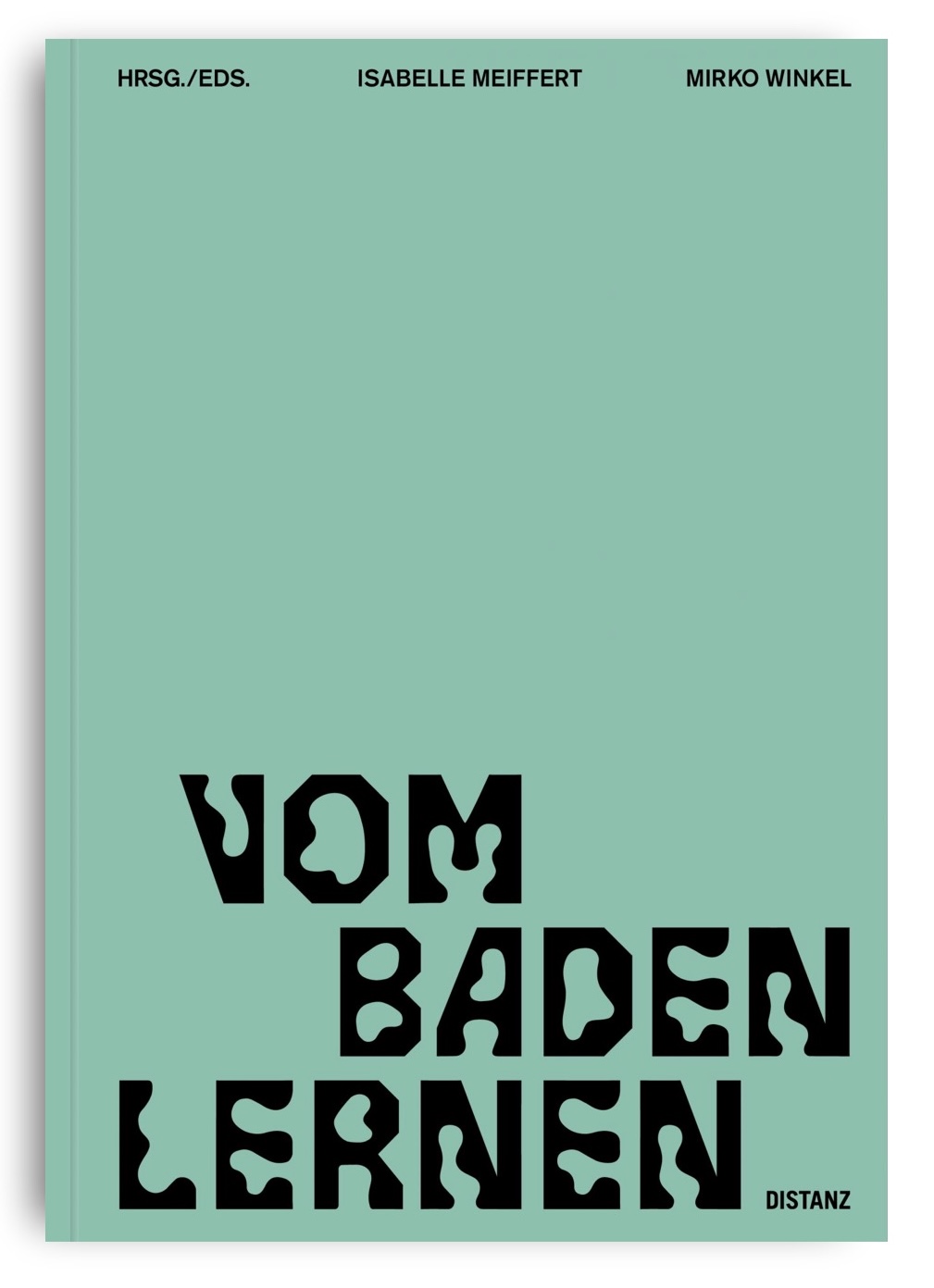
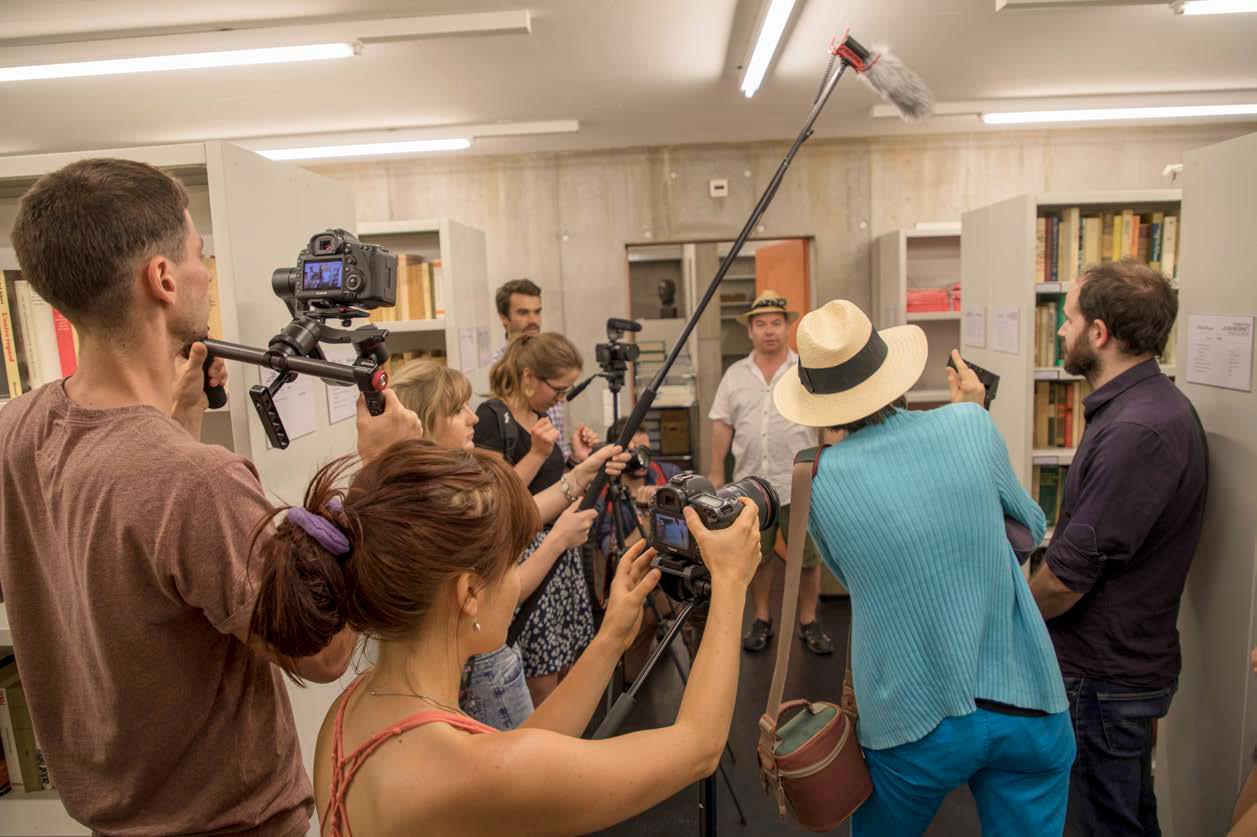
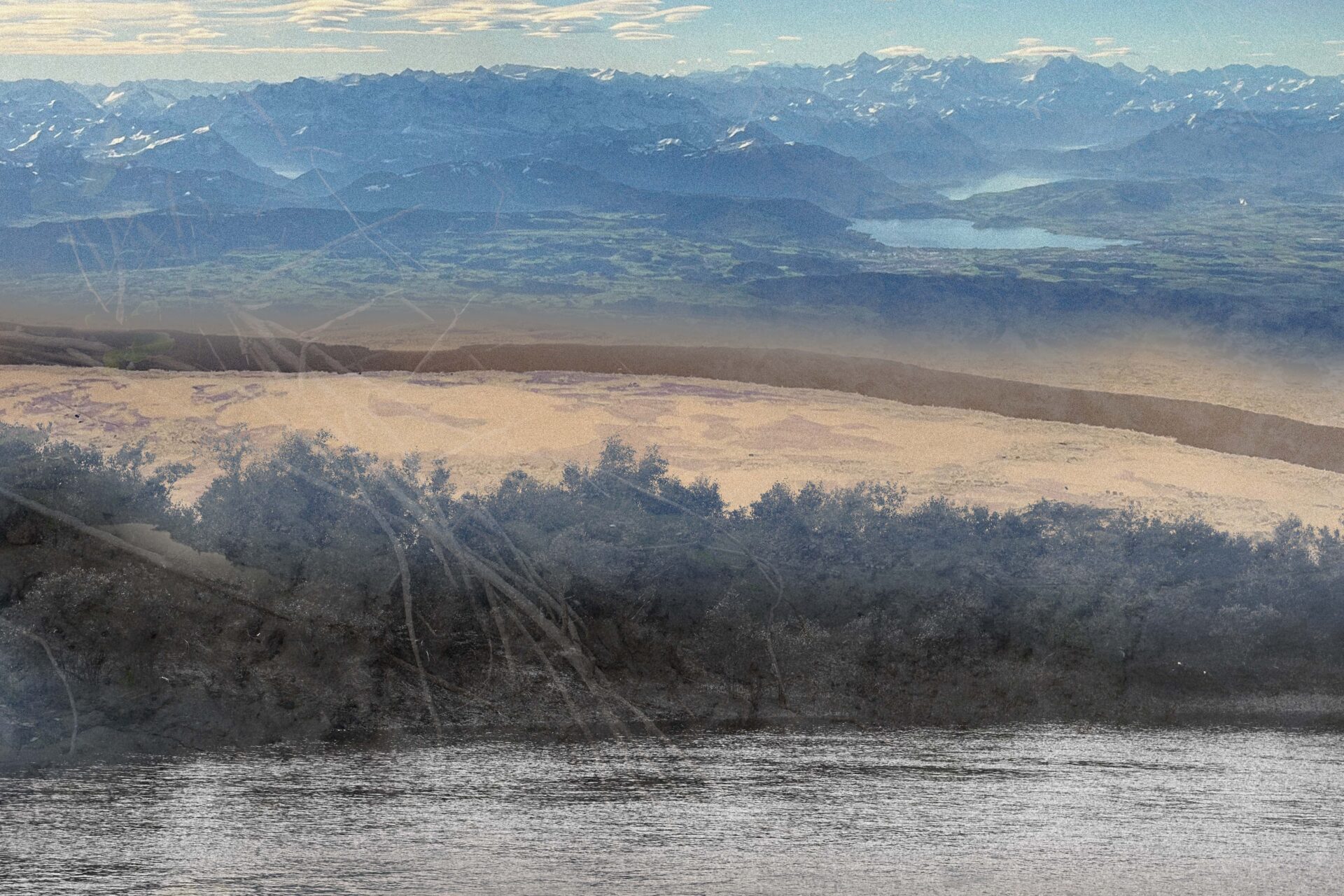
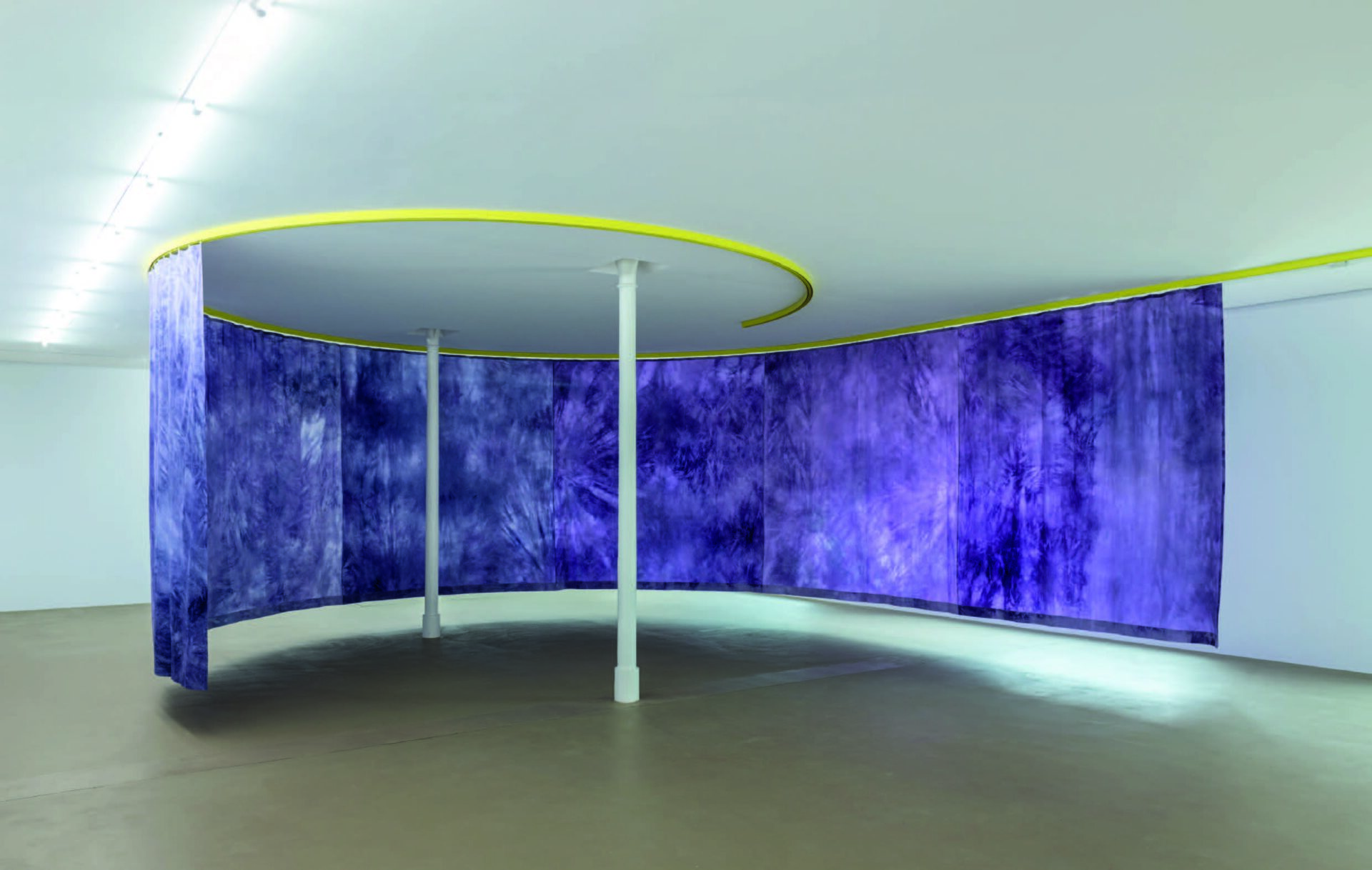
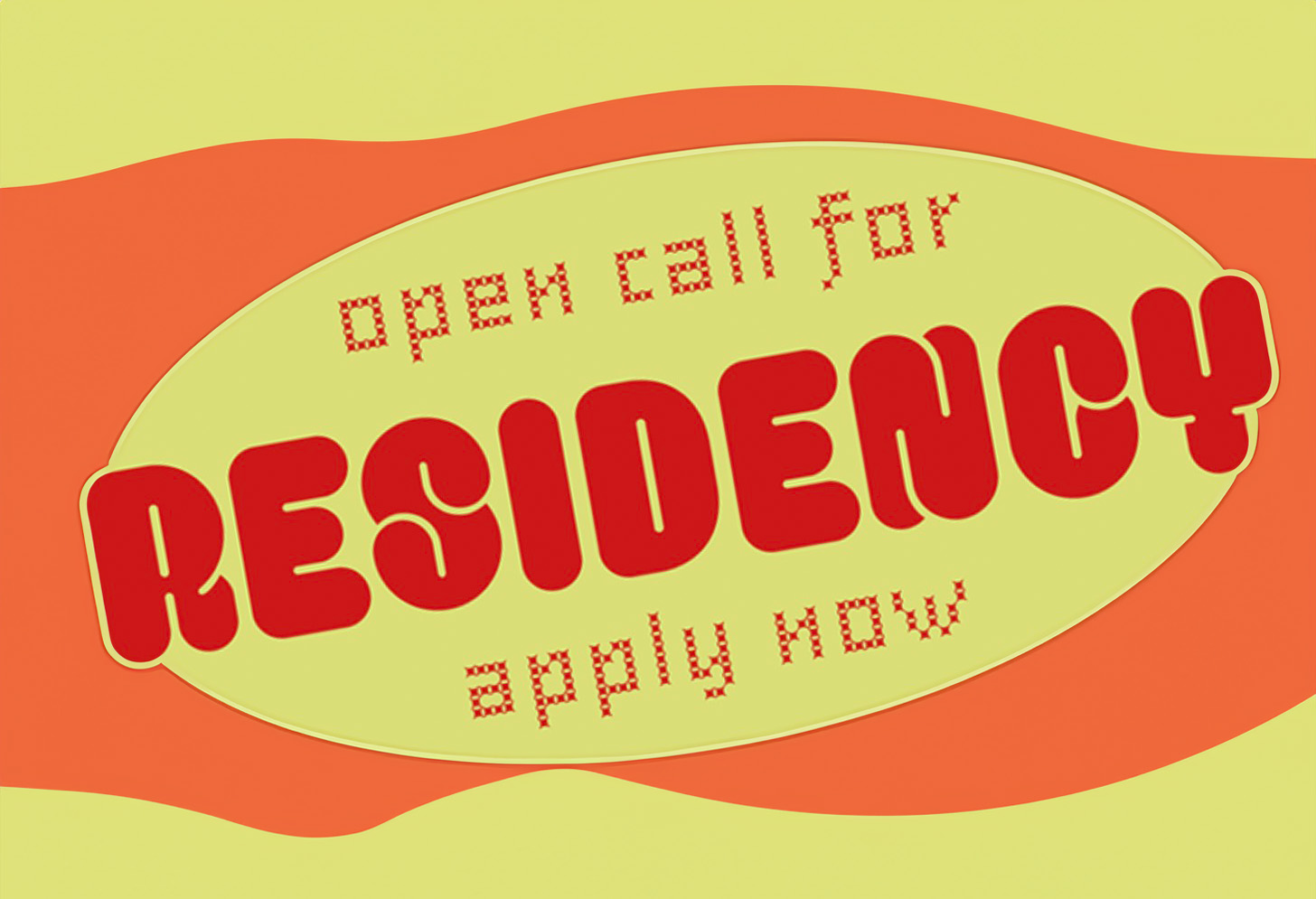
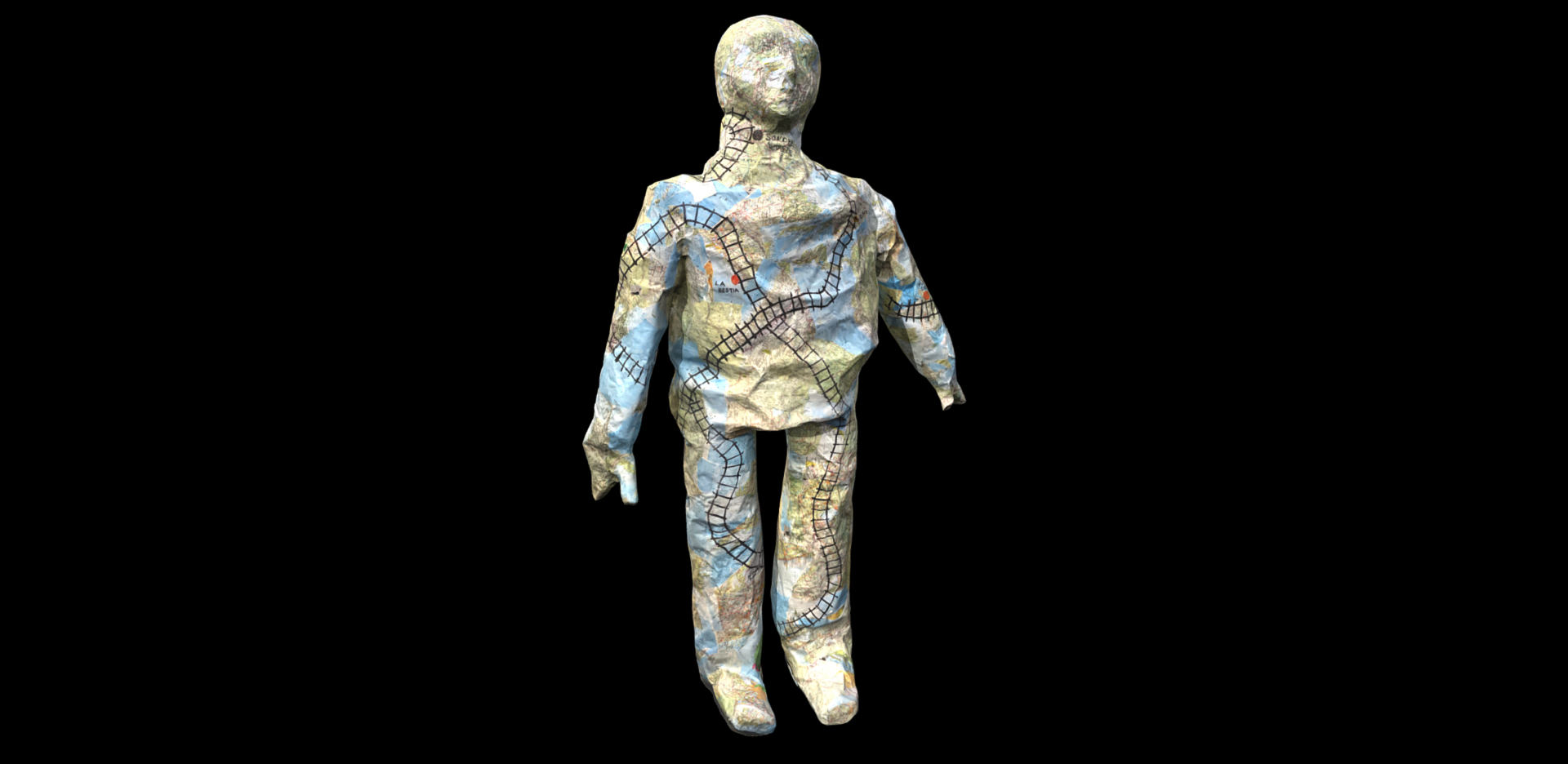
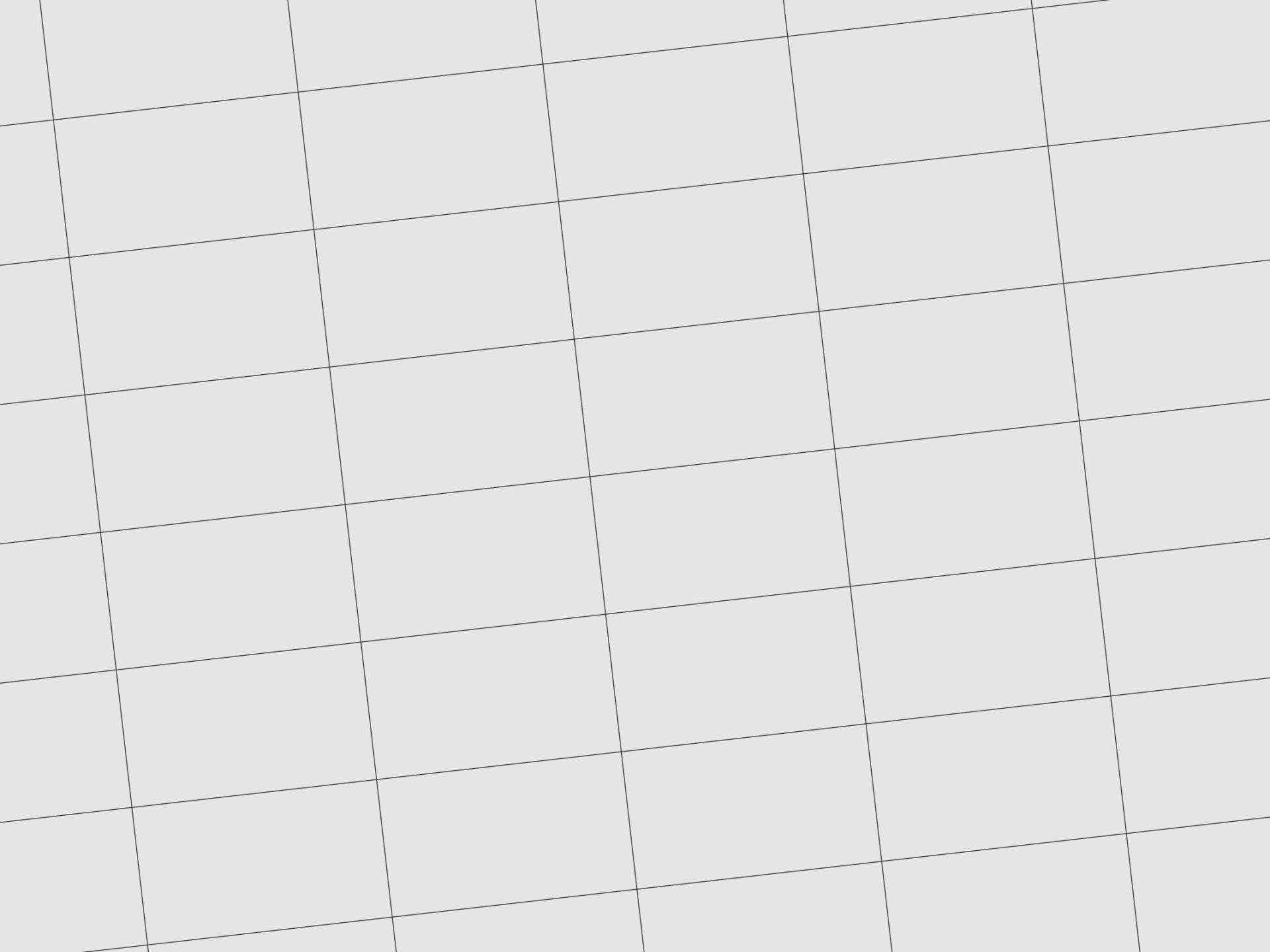
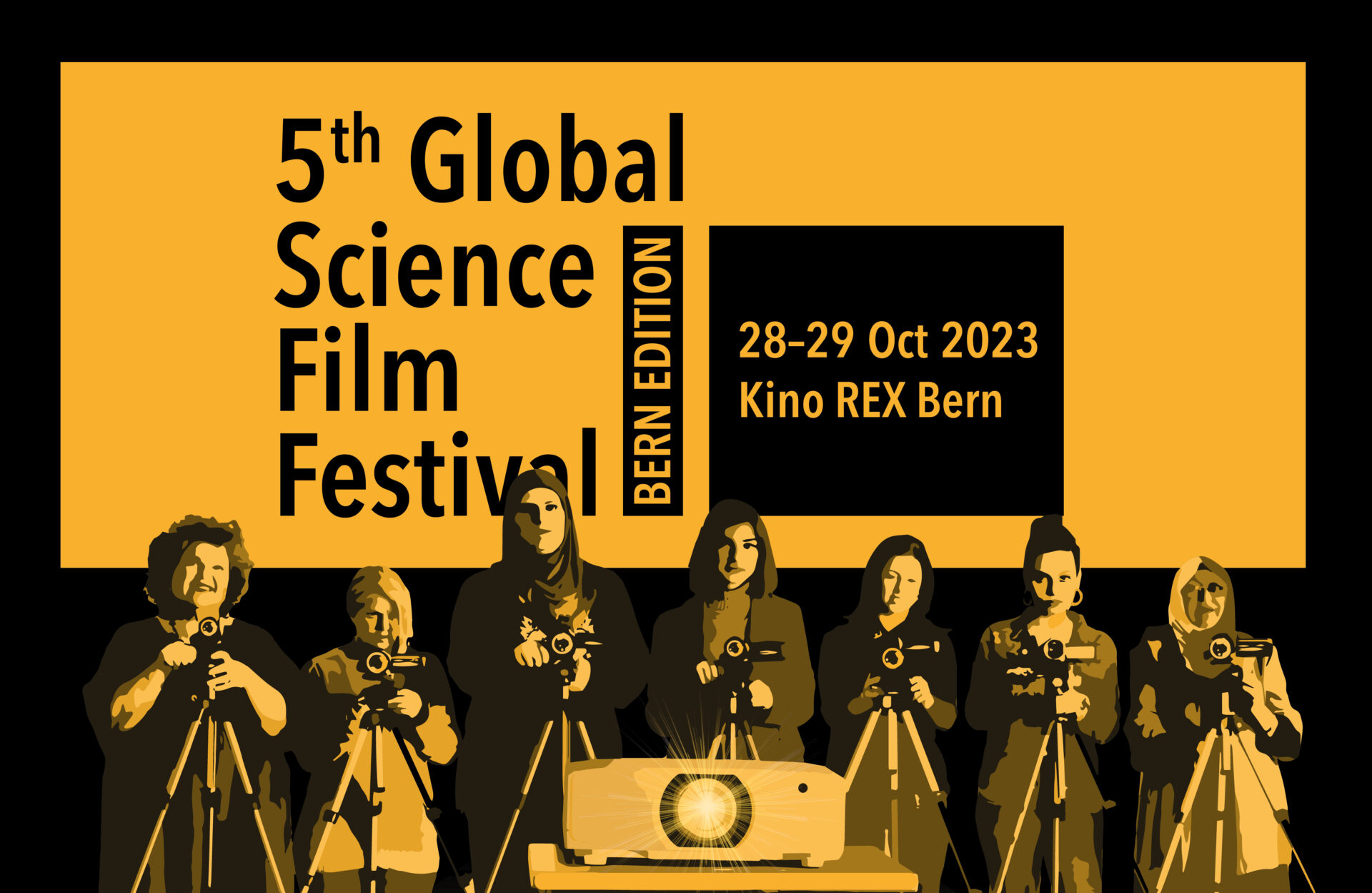
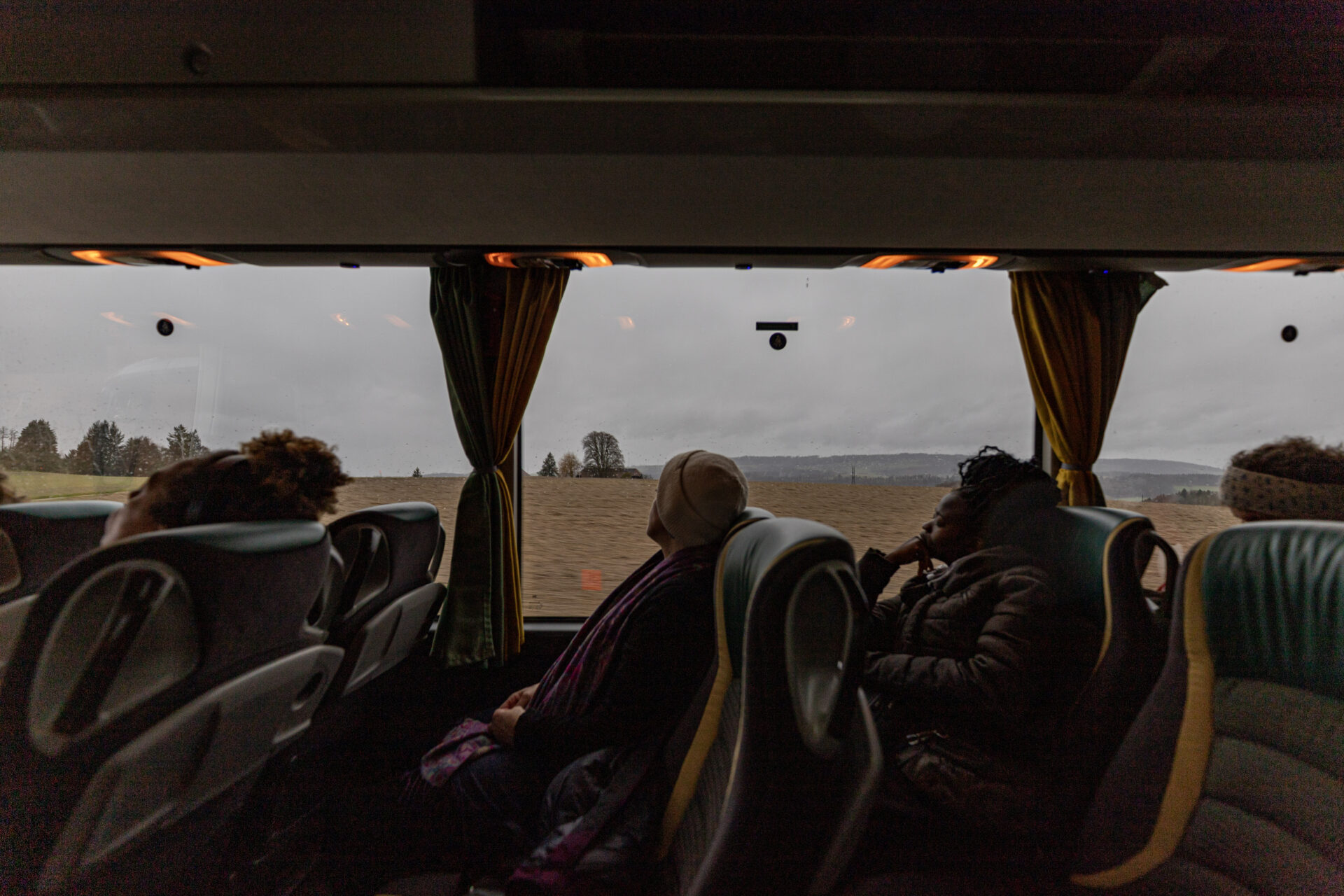
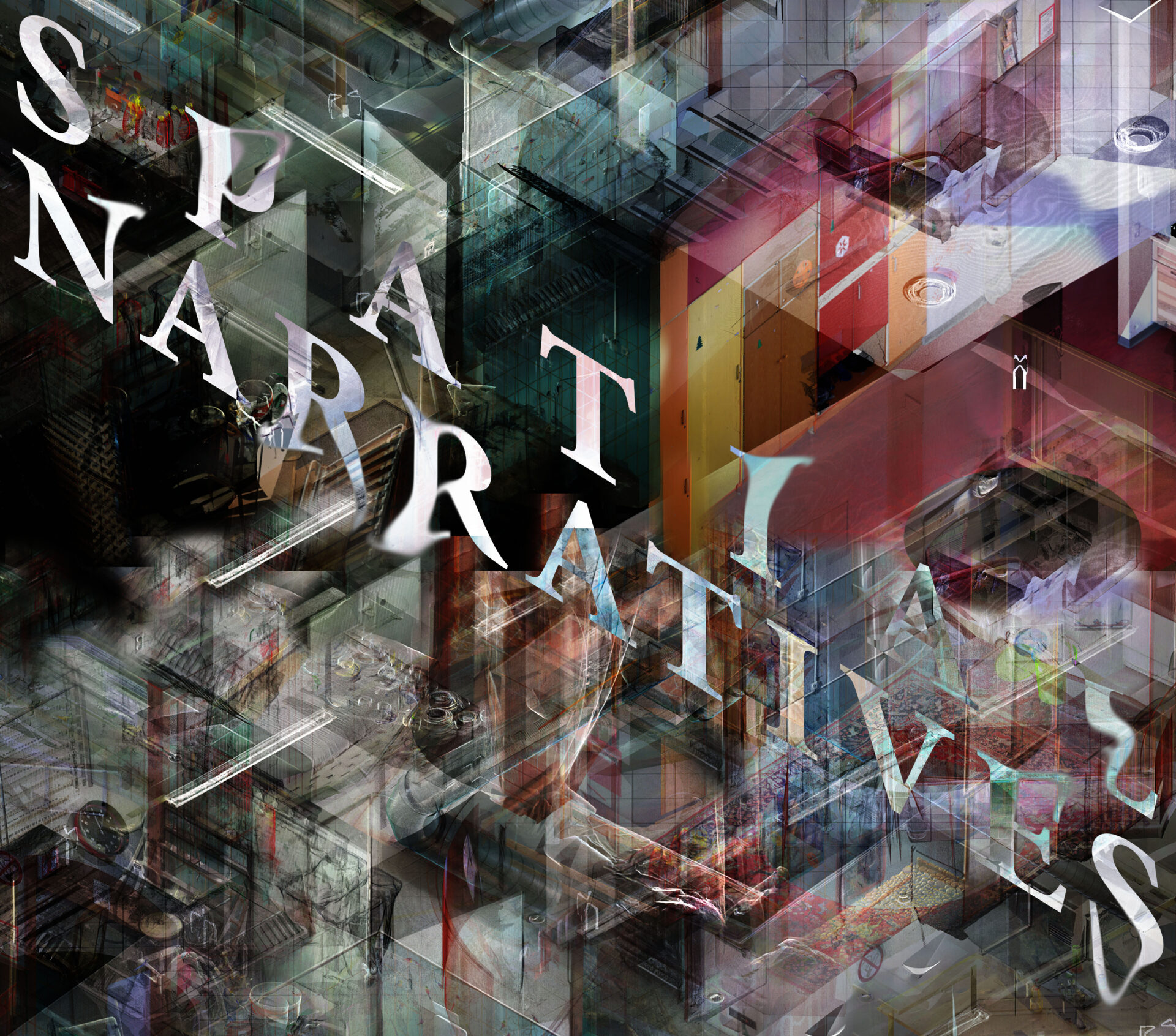
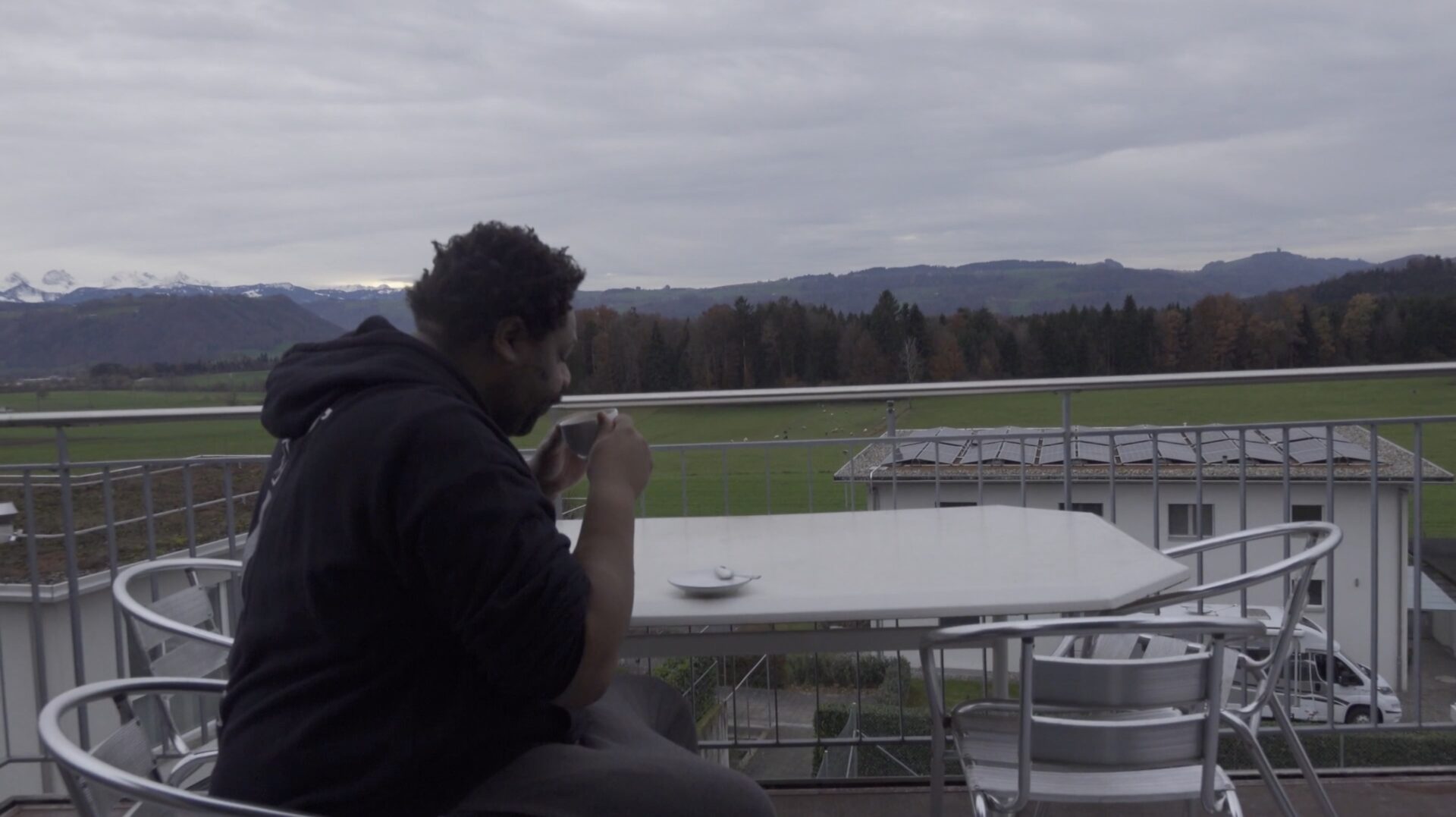
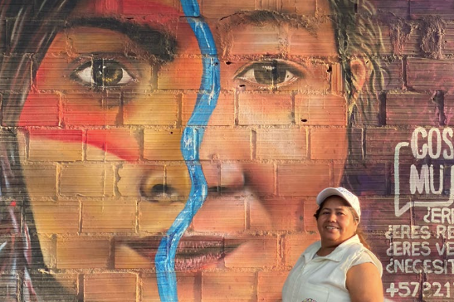
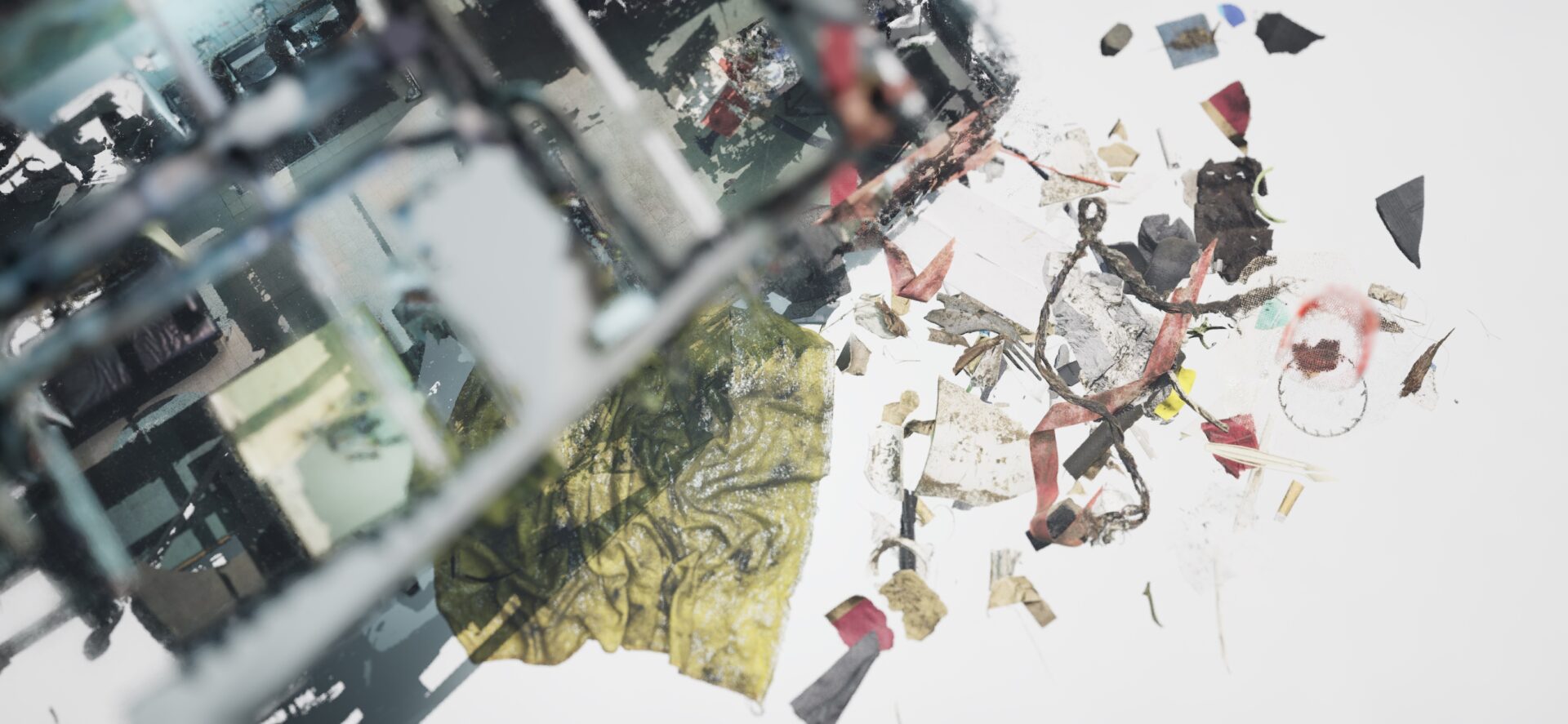

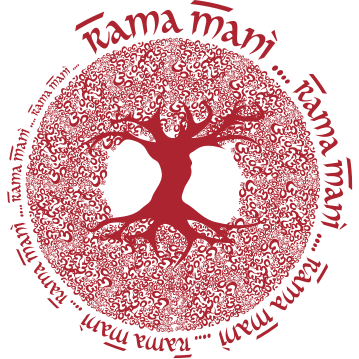
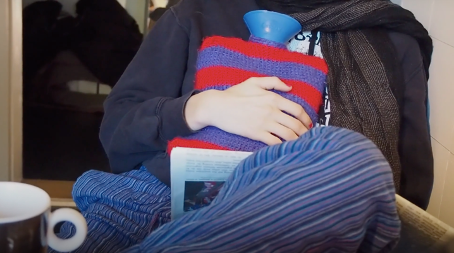


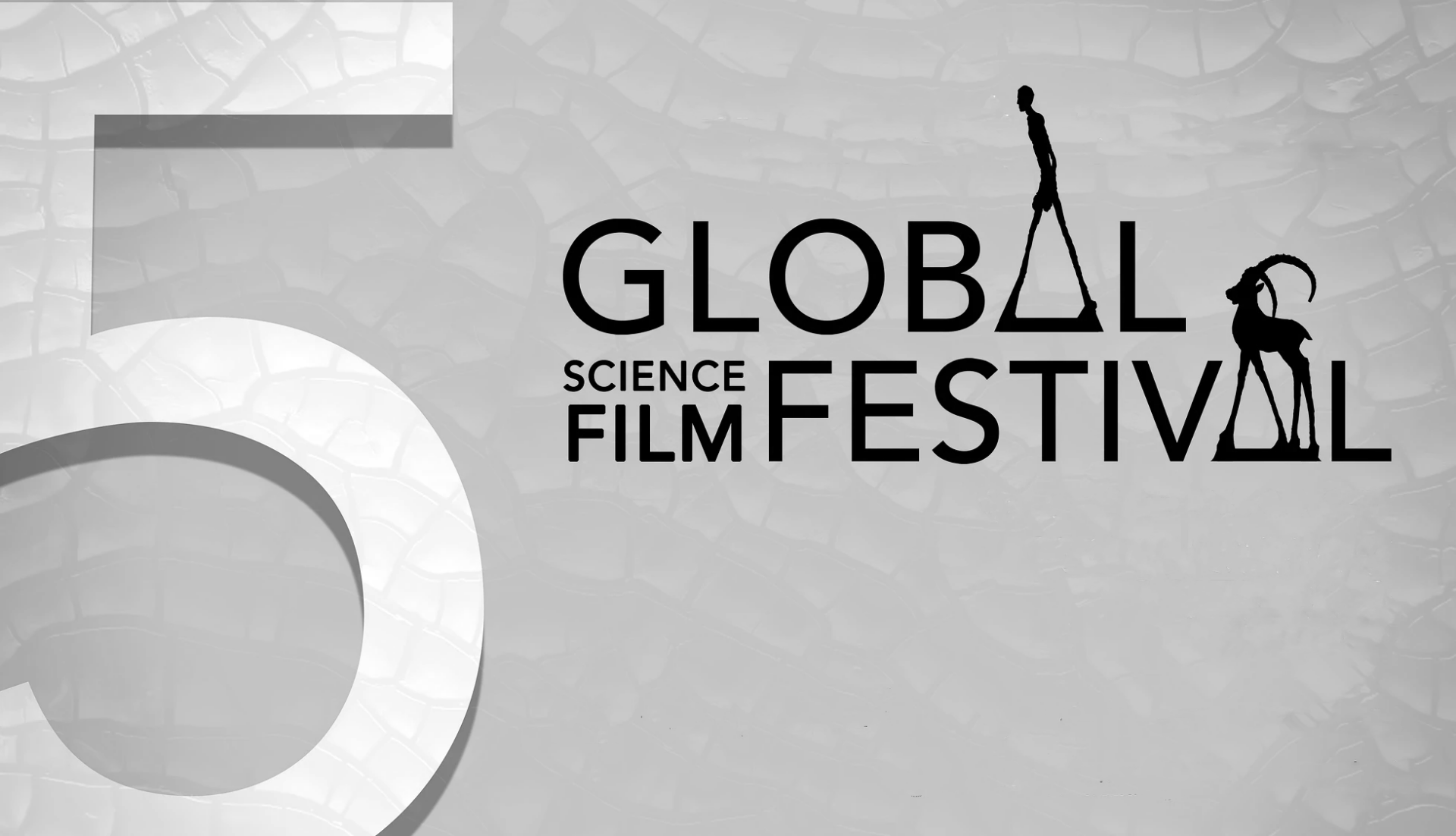

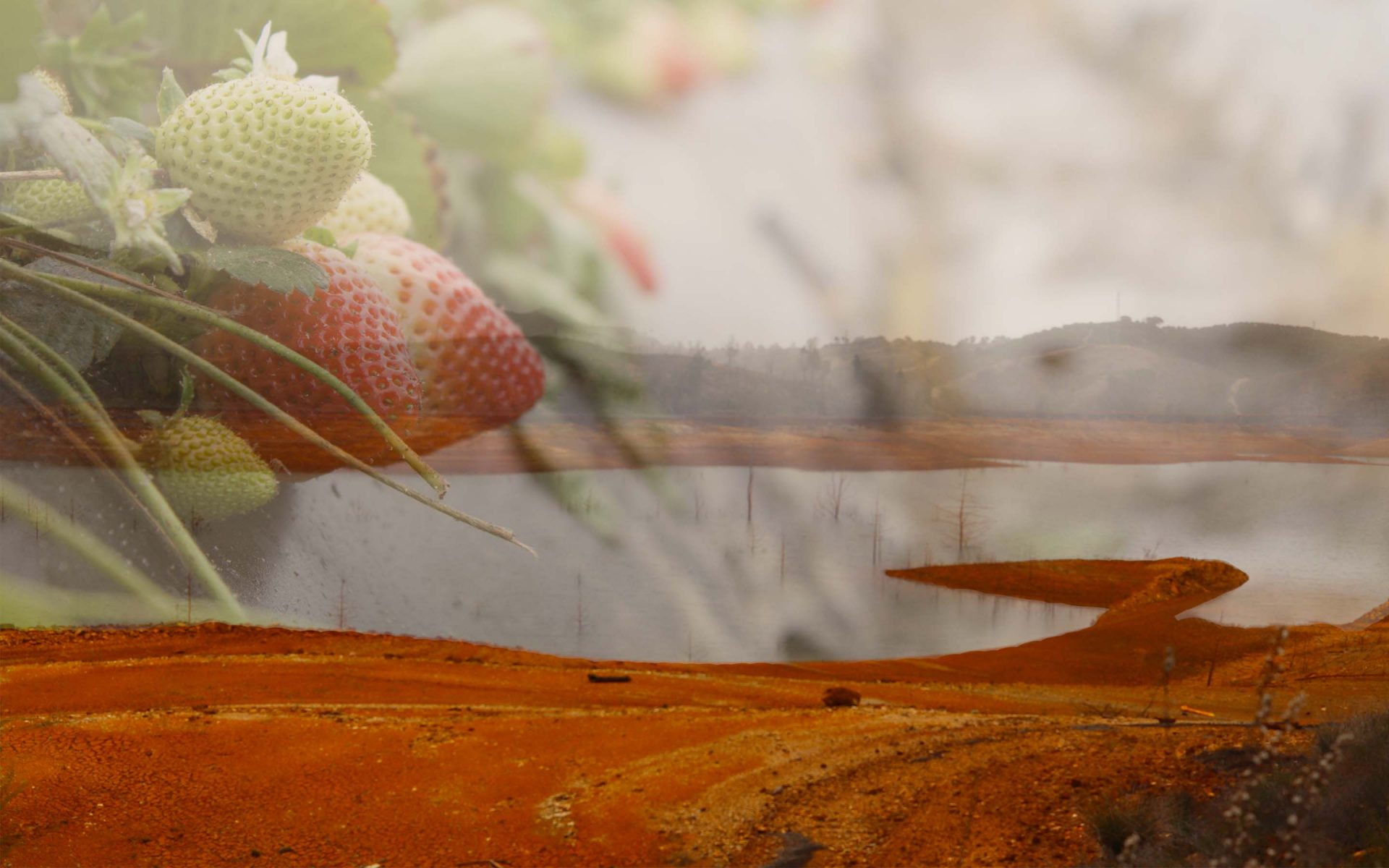
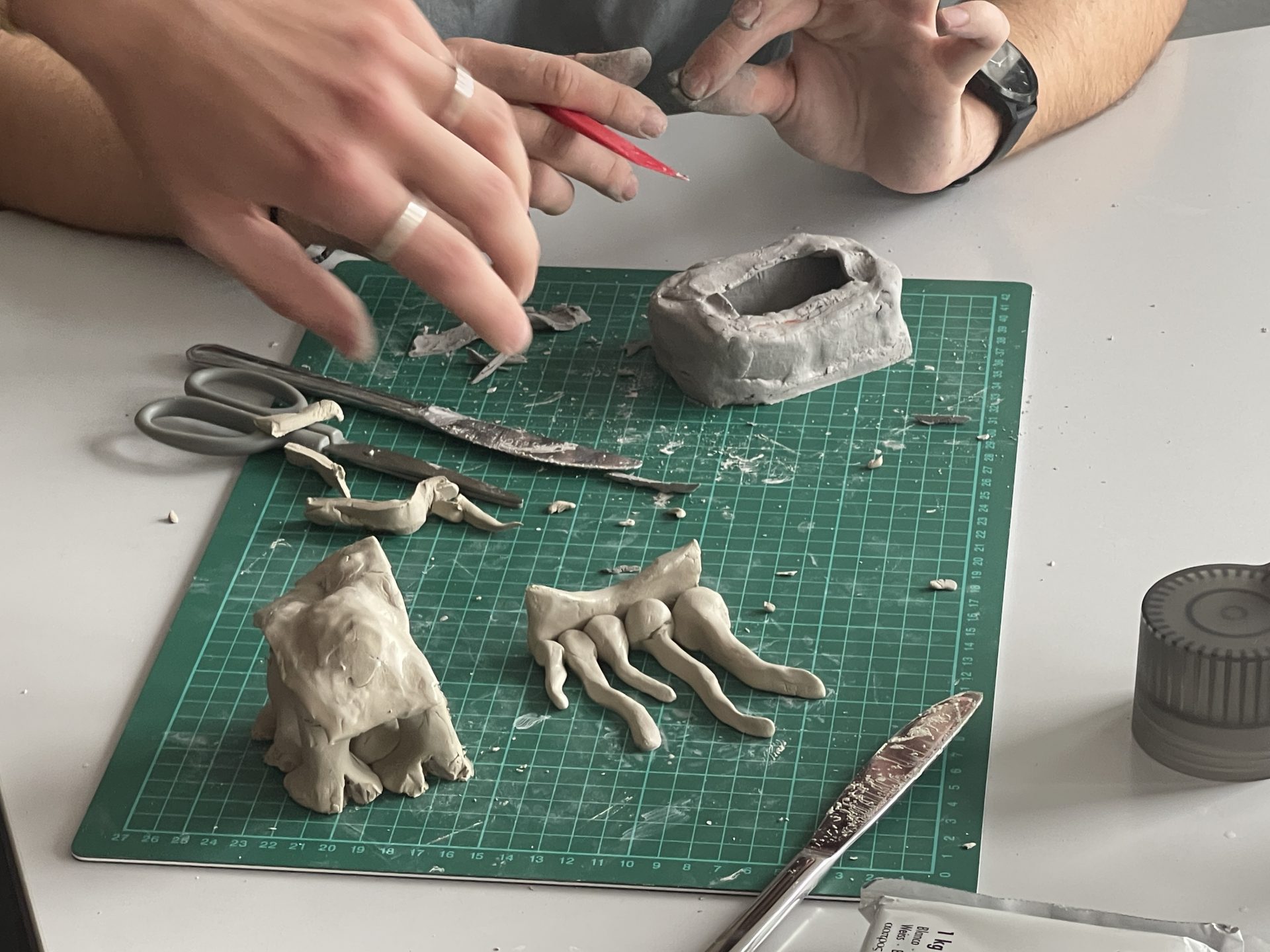
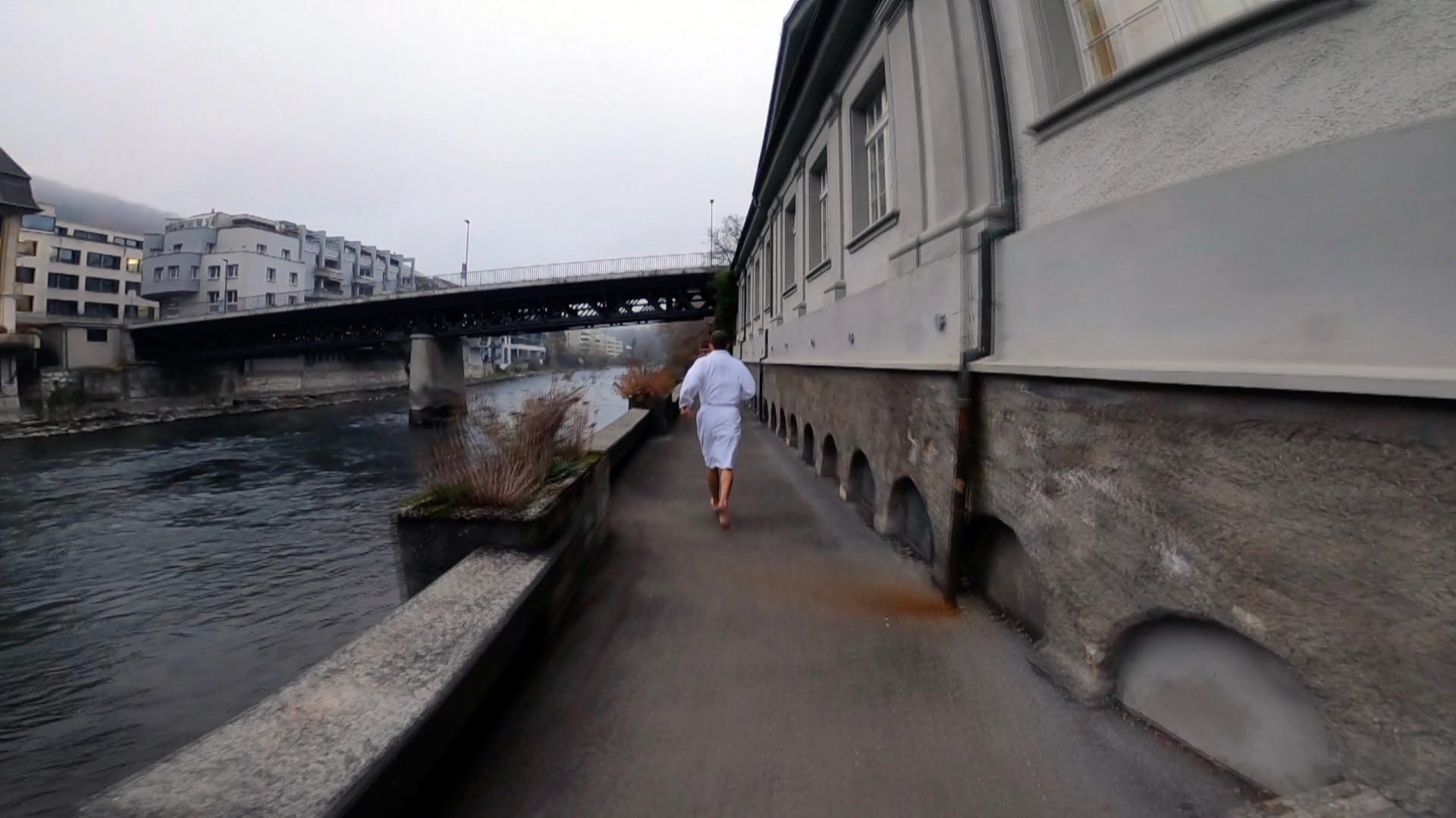
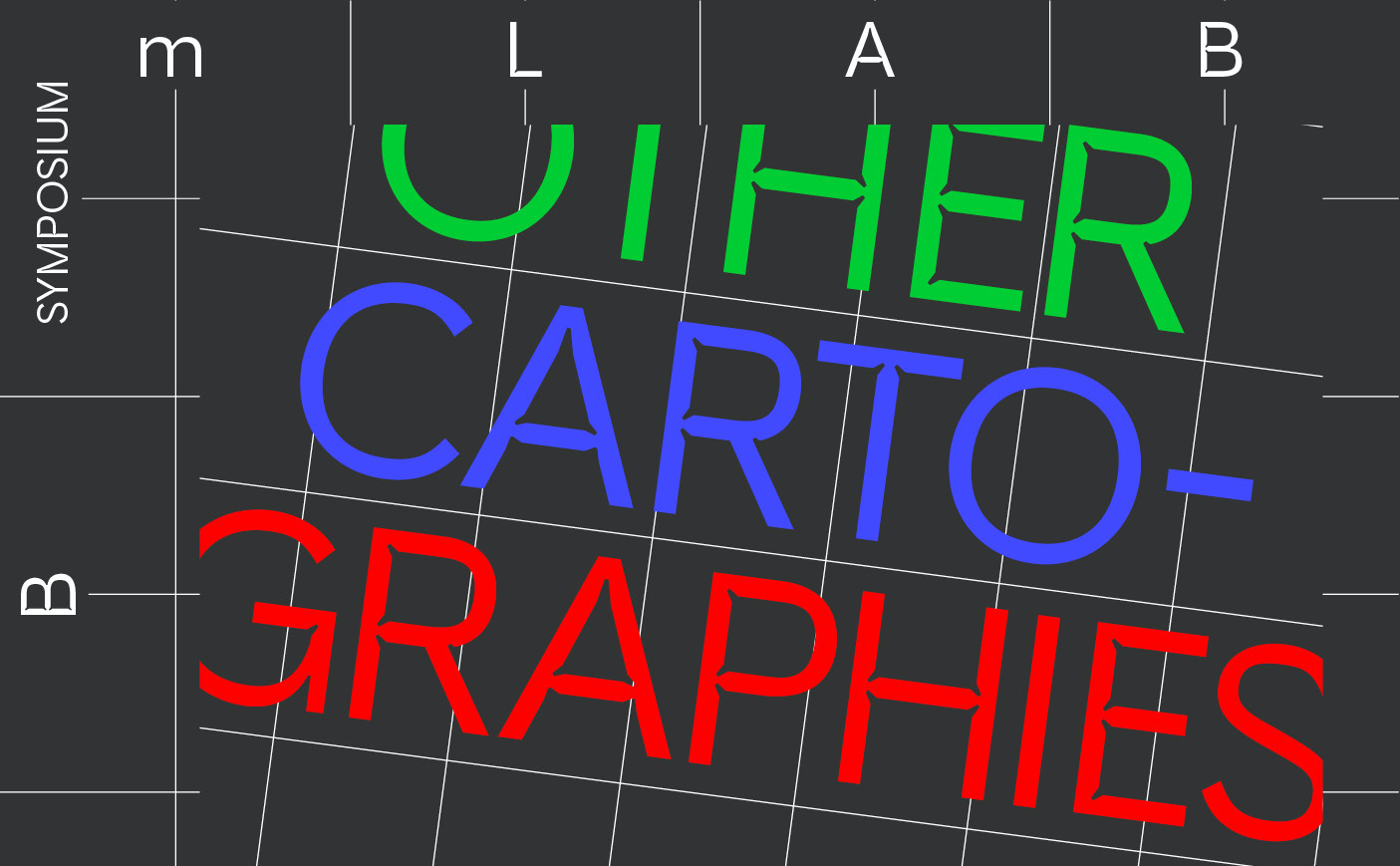
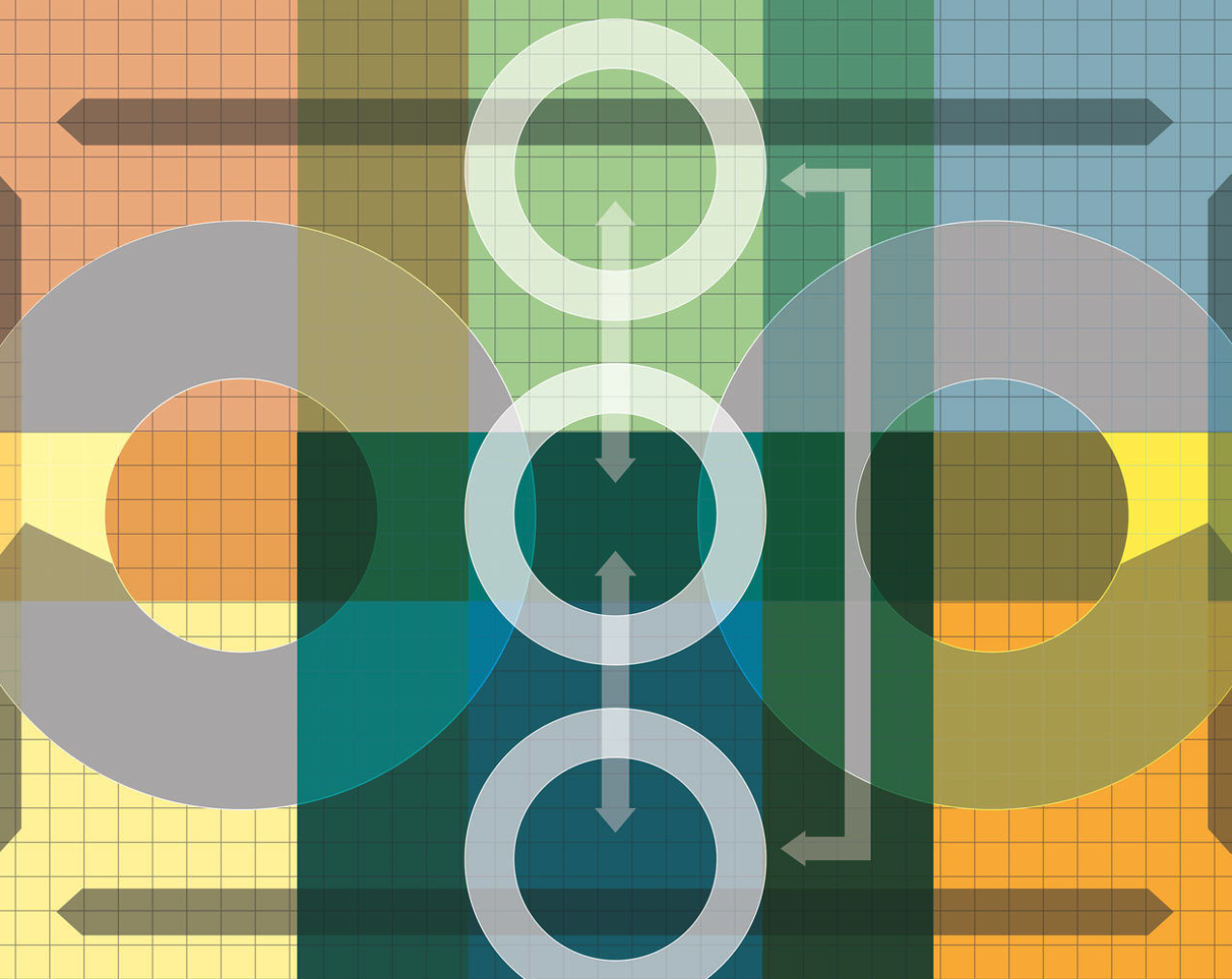
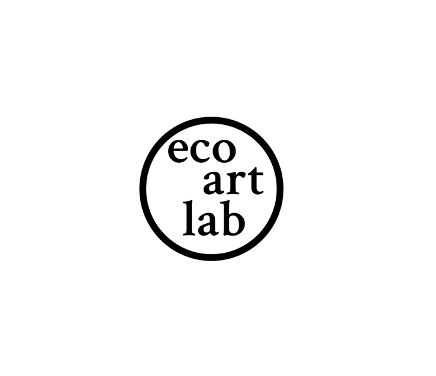

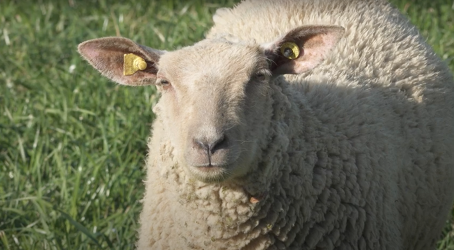

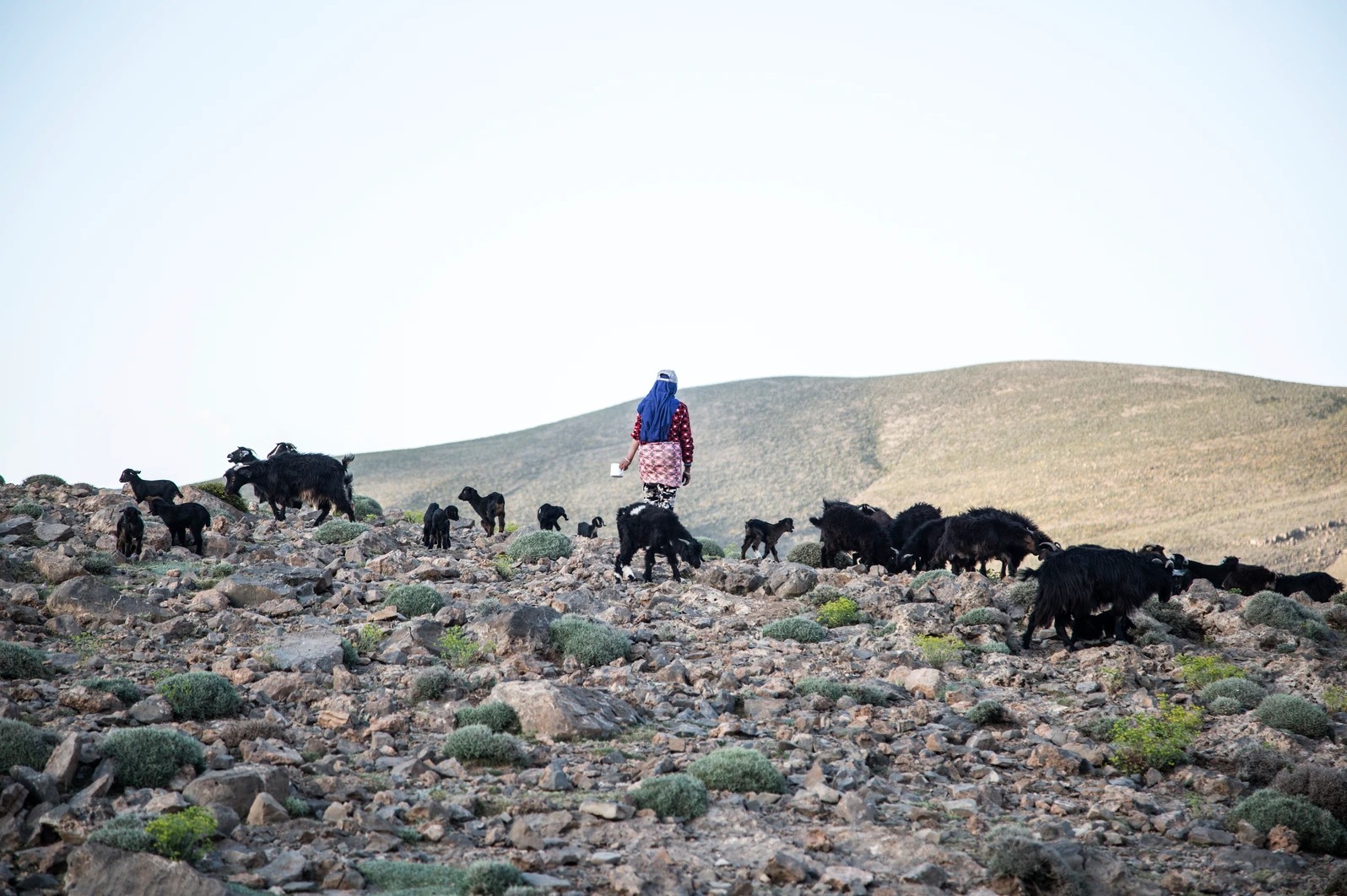
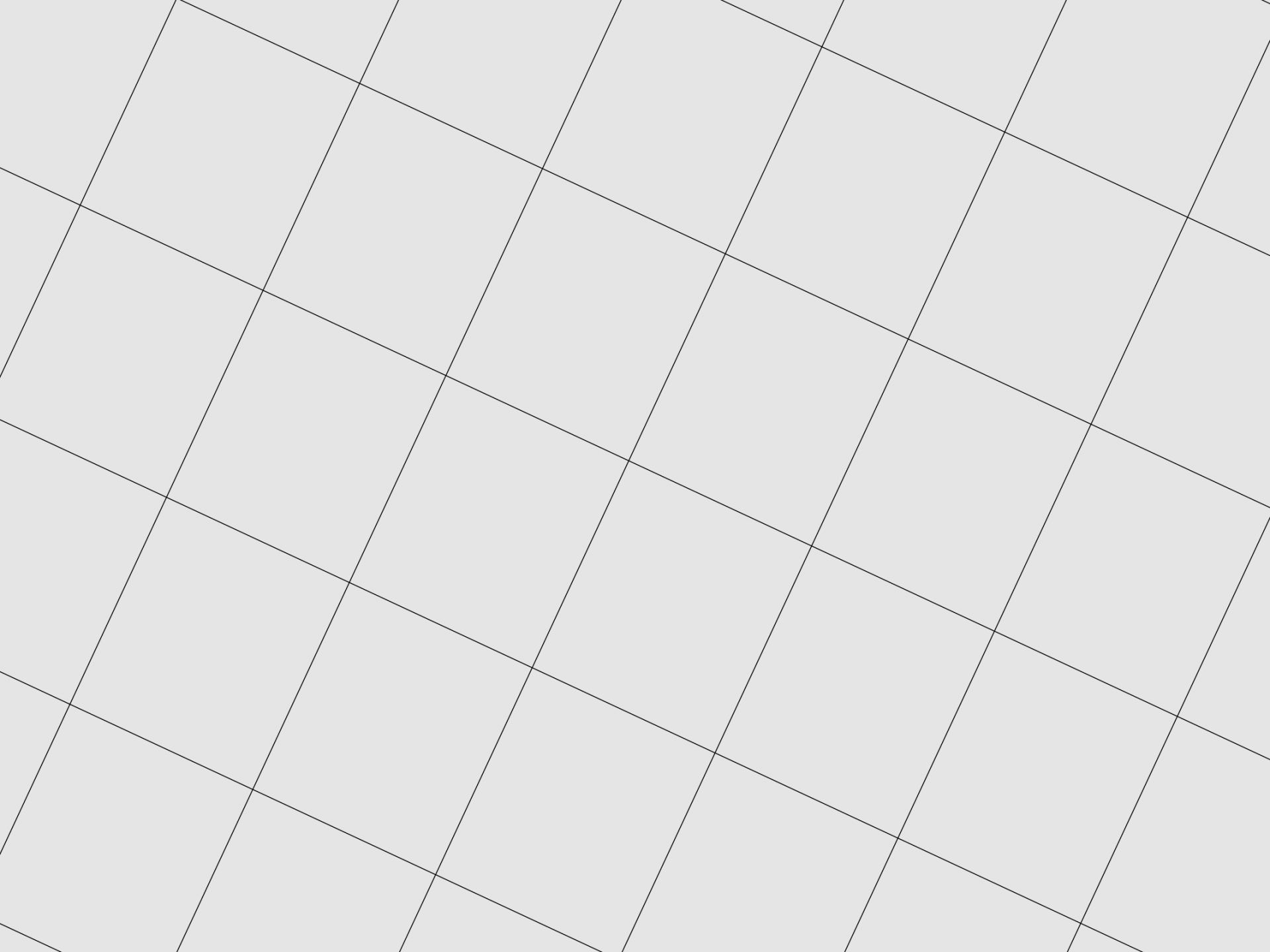
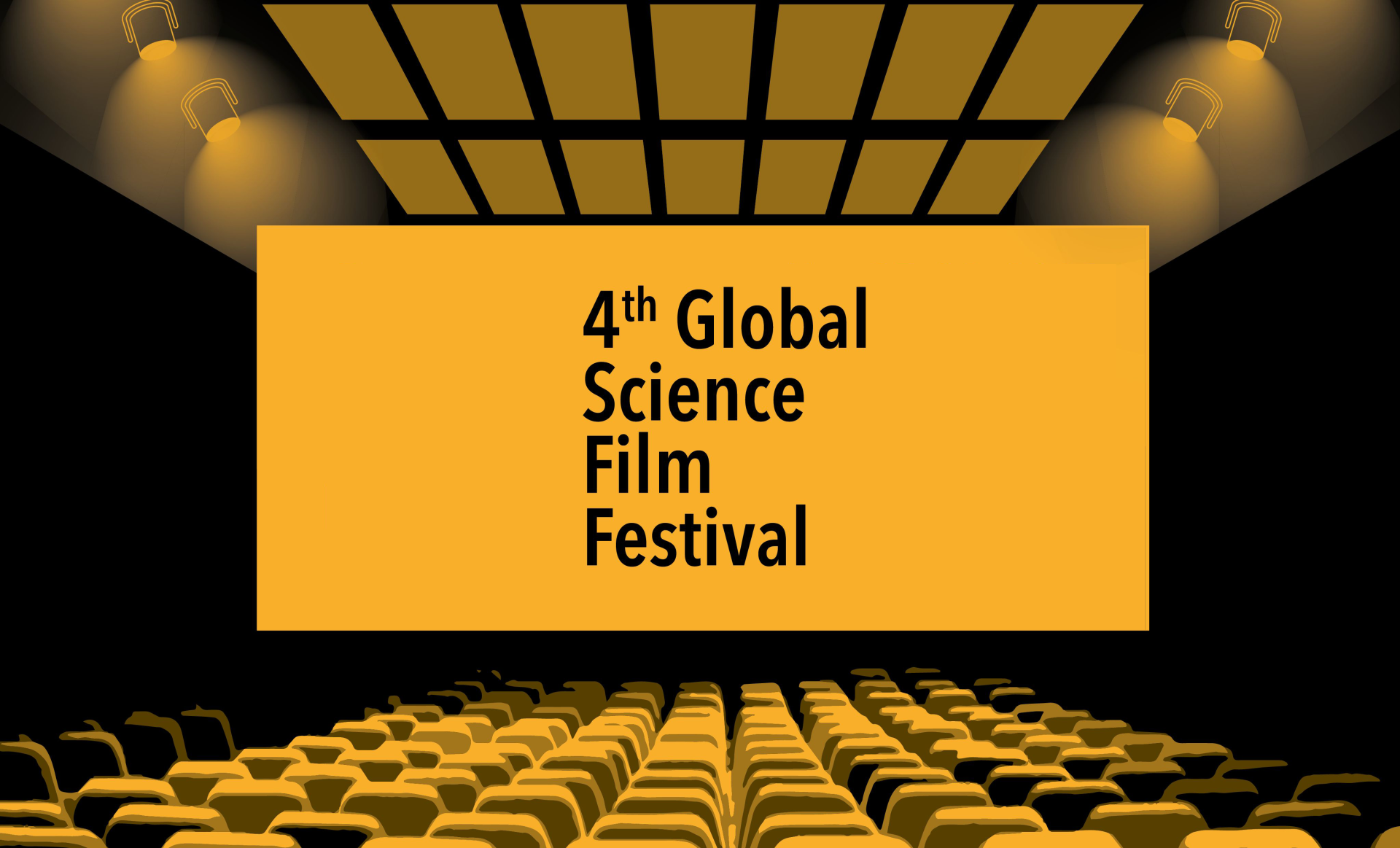
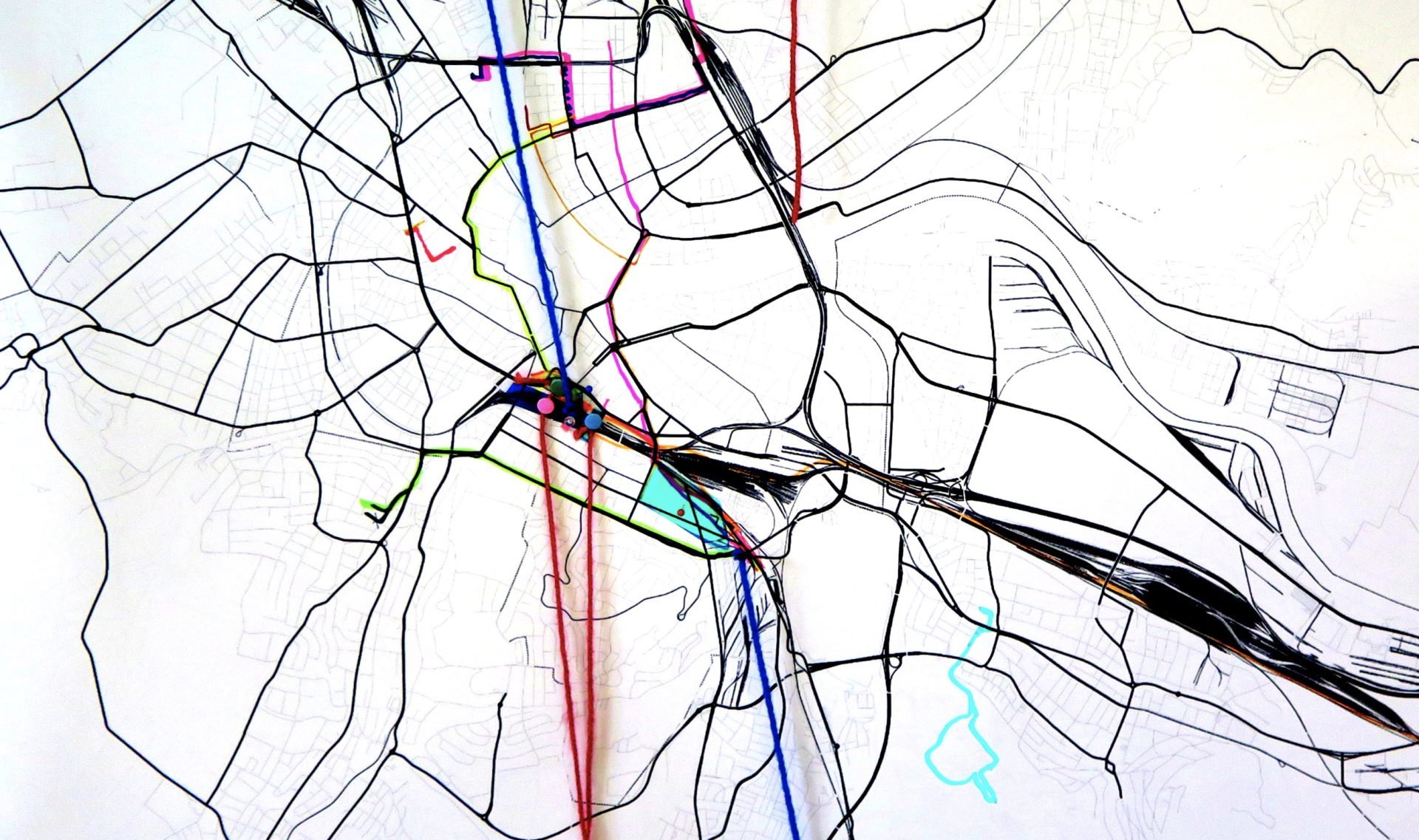

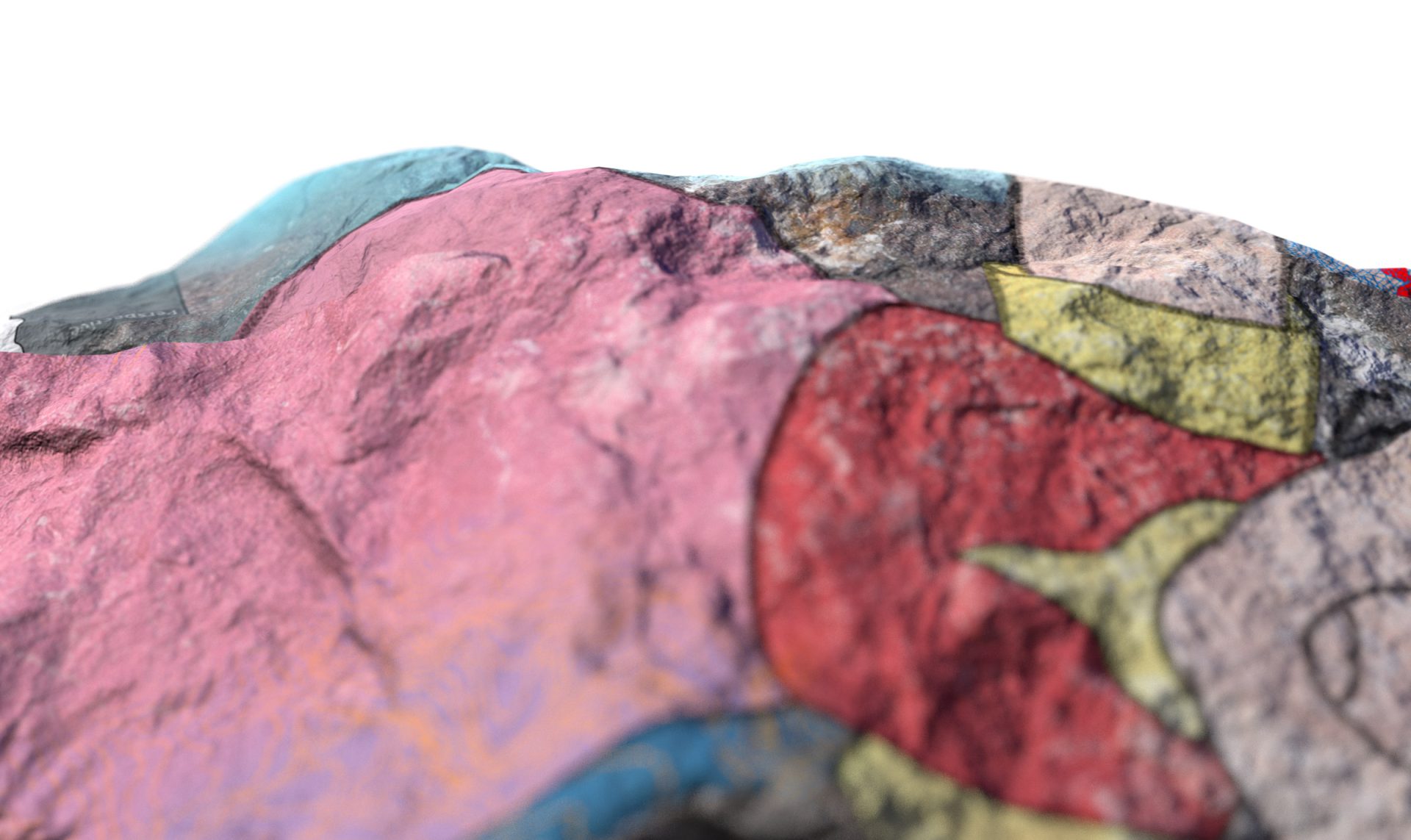

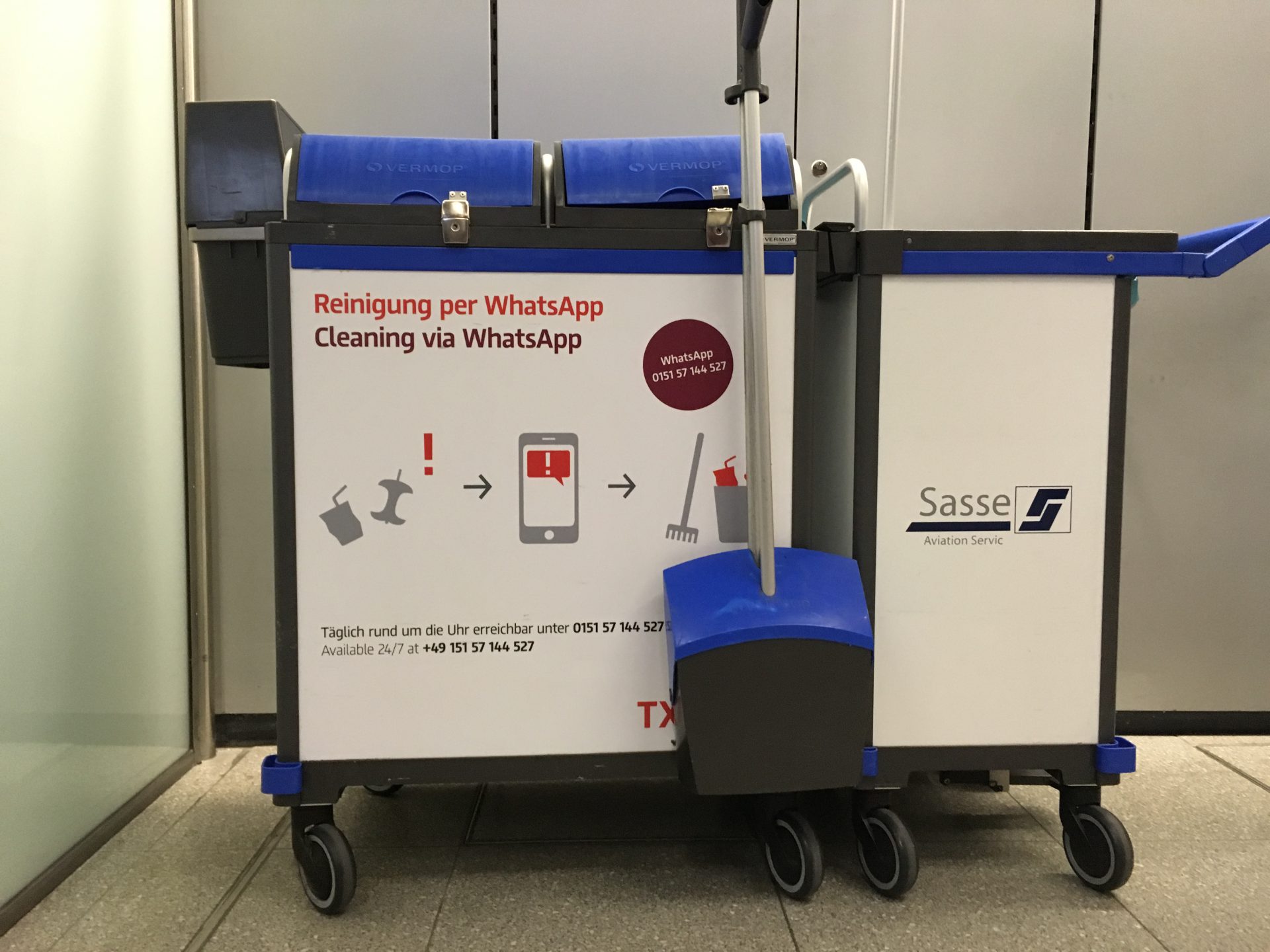
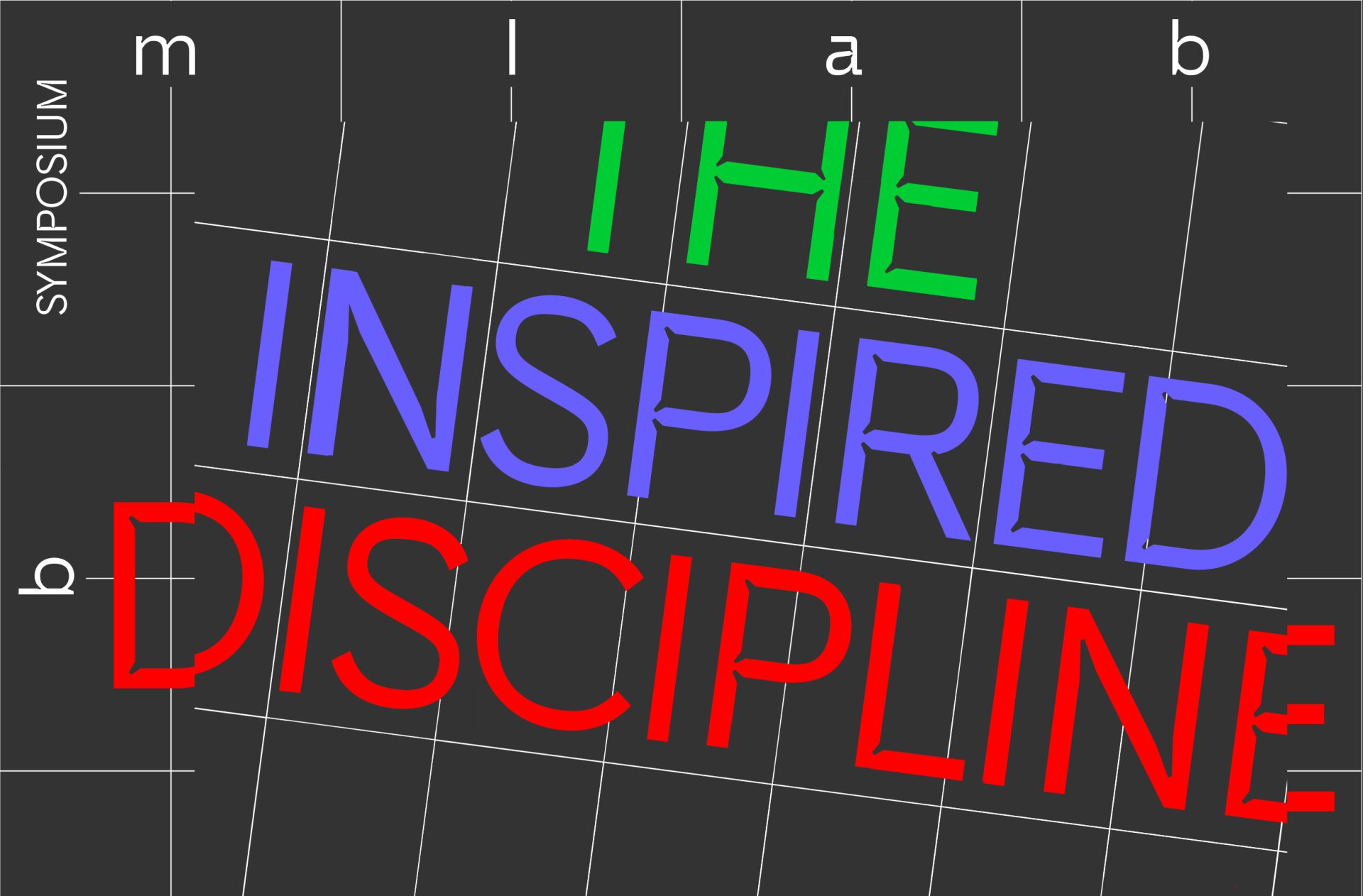
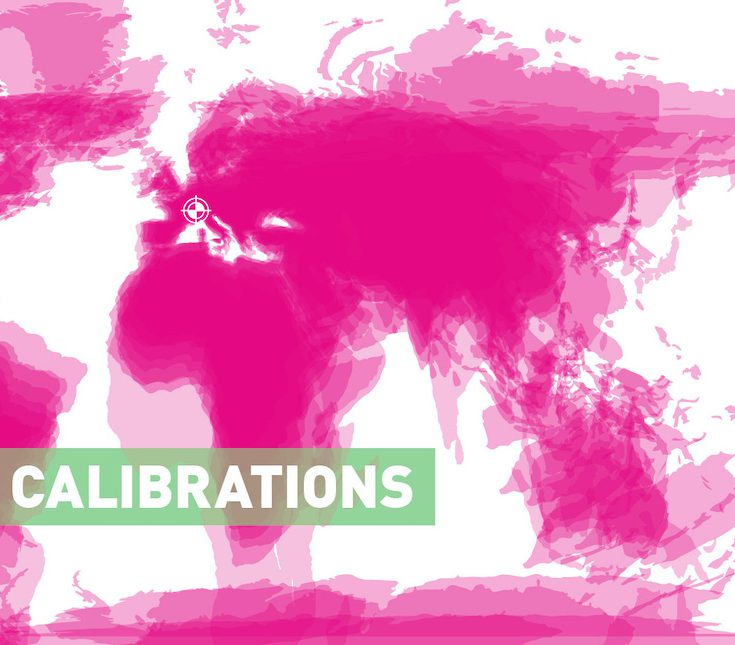
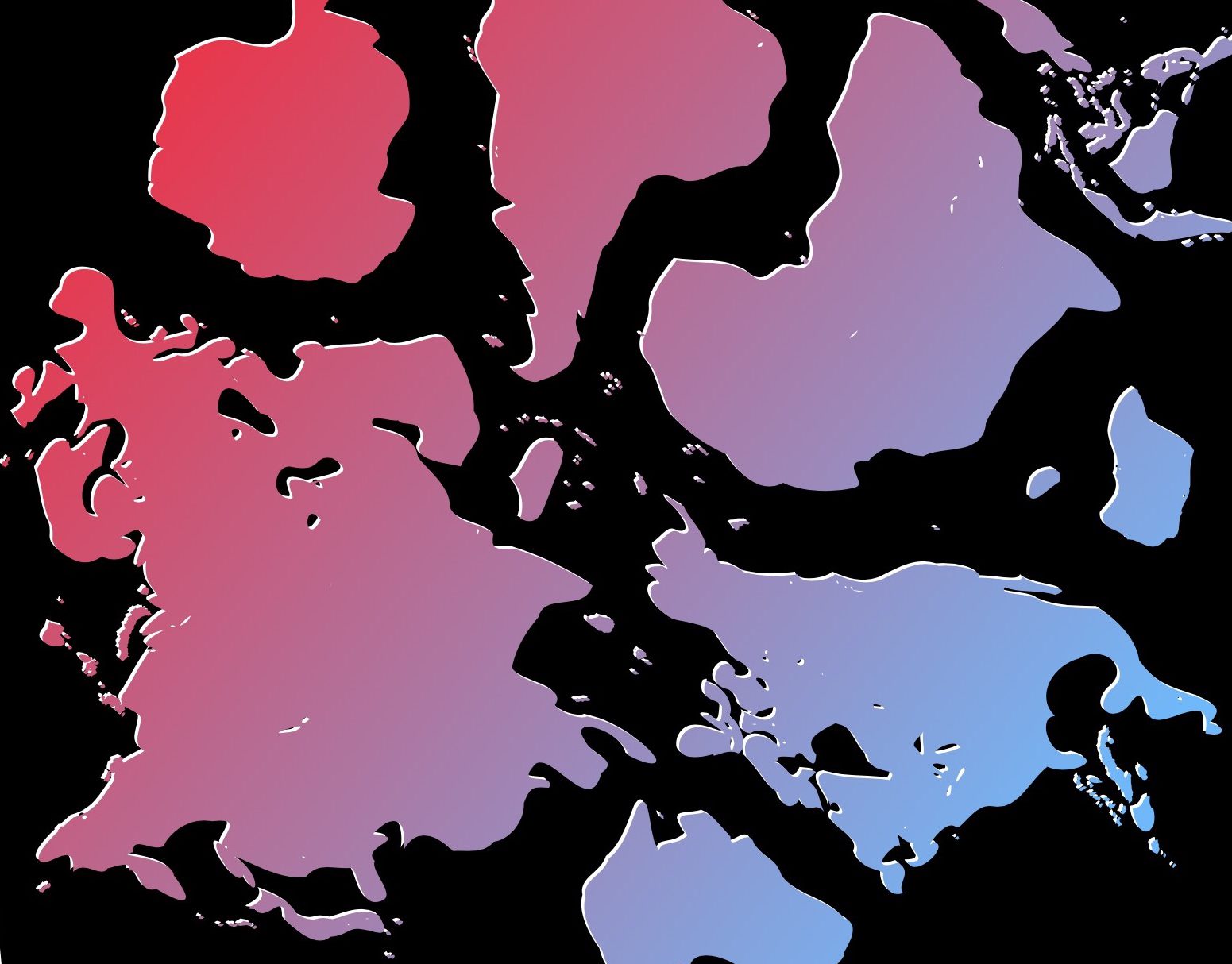
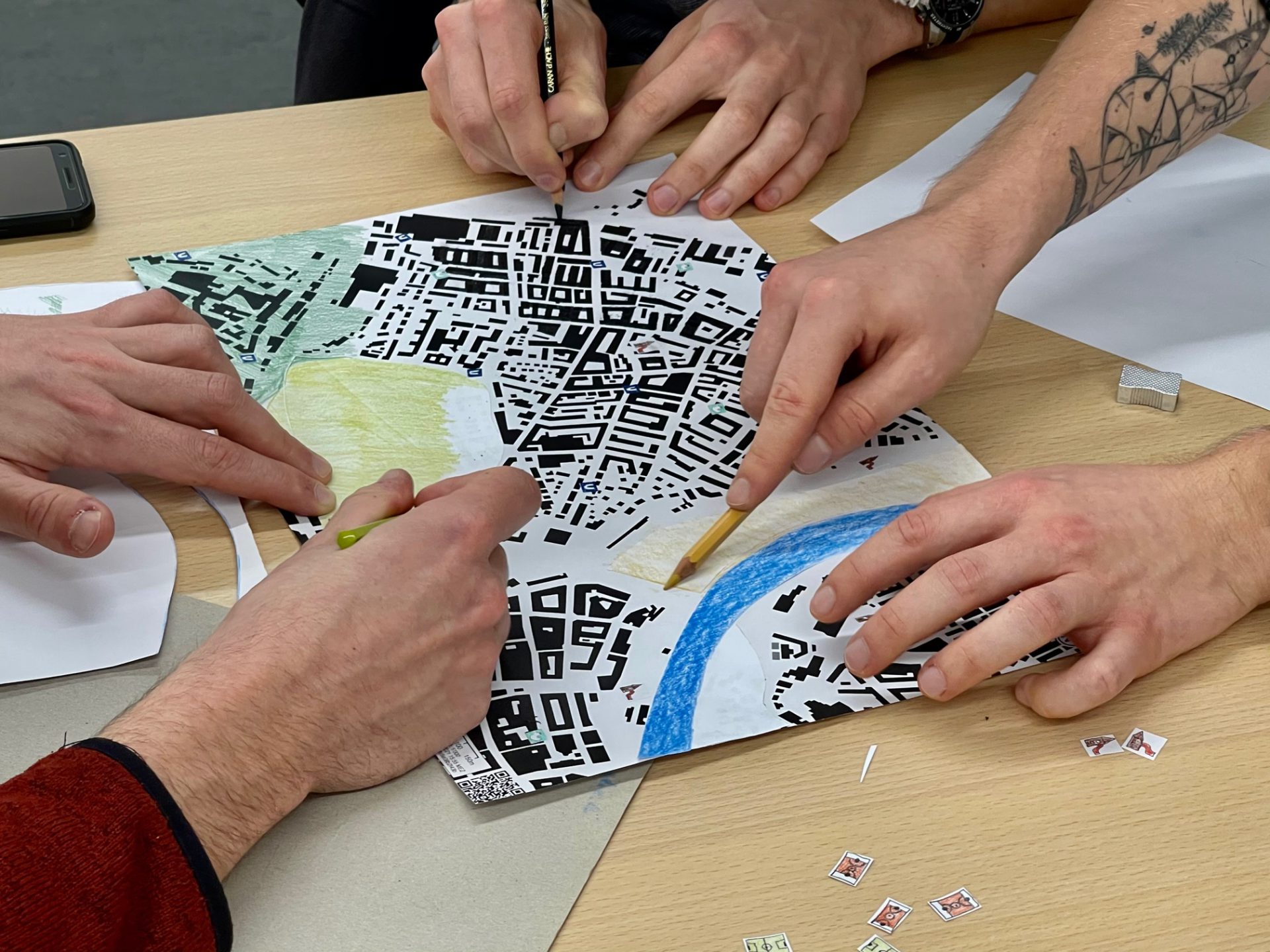

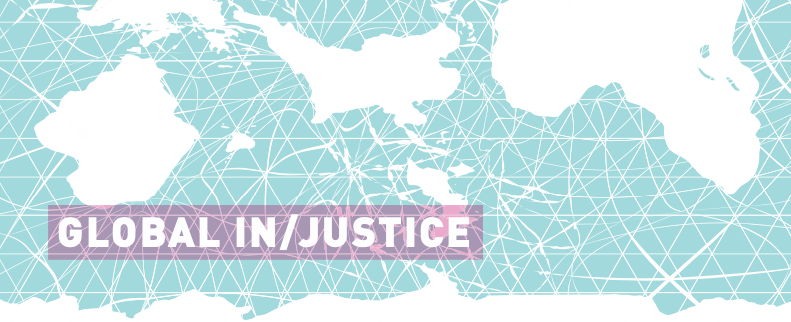
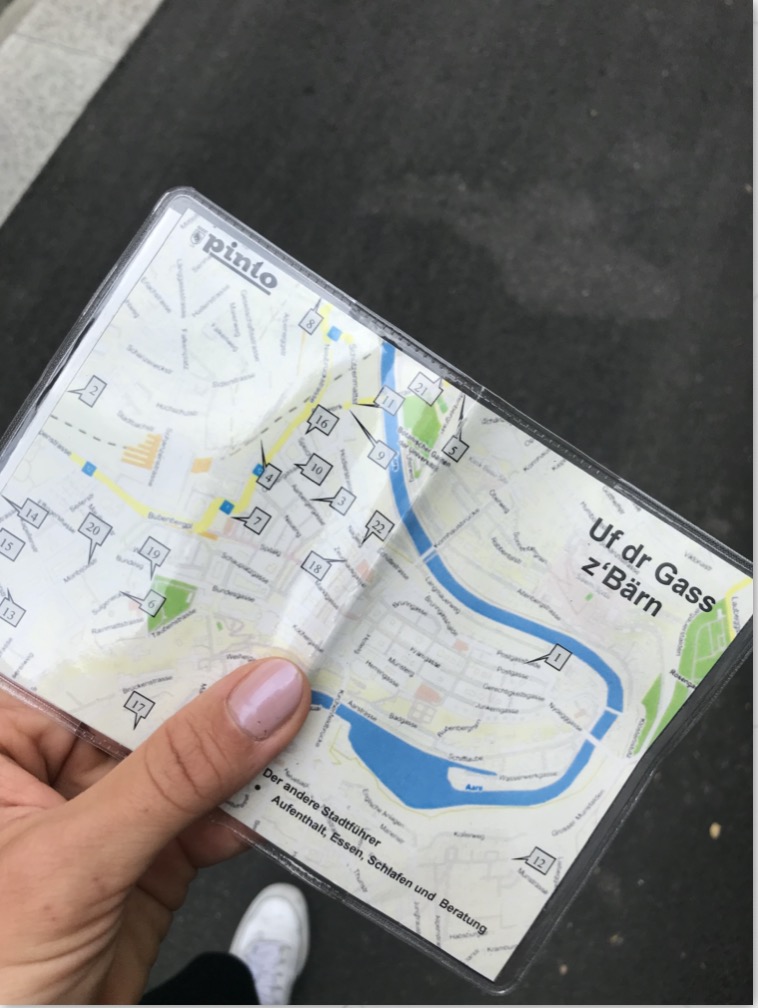
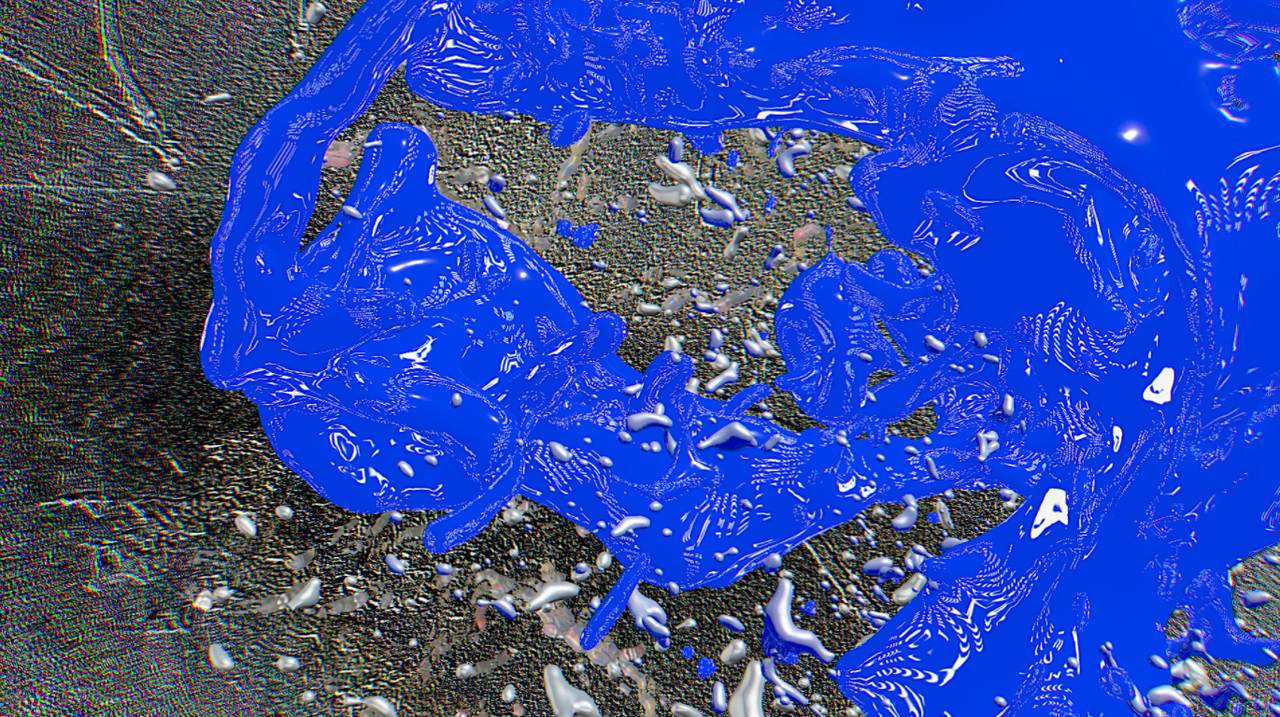


In the context of processes of social transformation, care activities are increasingly assigned a central political function. In the everyday life of care and health professionals, implicit forms of knowledge play an important role, which has so far remained underexposed in the scientific debate. The mLAB at the Institute of Geography in Bern and the master’s program in transdisciplinarity at the Zurich University of the Arts have approached the topic of care in a transdisciplinary way with a new teaching format. Working with film as a reflective and participatory medium contributes to a better interweaving of theoretical and practical knowledge and opens up opportunities for a broad social discussion and reception of ongoing negotiation processes about various dimensions of the care crisis. In addition, through the audio-visual treatment of the topic, aesthetic-artistic aspects become a central part of knowledge production. The resulting perspectives transcend traditional disciplinary boundaries and promise to contribute to inclusive forms of teaching and learning beyond disciplinary boundaries.
The films (presented below) were produced as part of the course “Film and Geography”. The course was taught by Mirko Winkel, Luca Tschiderer, Susan Thieme, Irene Vögeli, Nora Longatti, Judith Weidmann and Jana Thierfelder.
The project “Raum für Pflege” portrays the various demands, perceptions and limitations of care spaces. The experiences of four women and their individual approaches to spatial conceptions and their embedded power relations form an auditory topology which is consistently visually disrupted. The newly emerging space associations form the centrepiece of the work.

The project deals with the question of what it means to be healthy in our society and what role the body has in it. In her film, Ula Liagaite uses the book ‘The Hologram’ by activist, artist and author Cassie Thornton (2020) and asks about forms of self-organised, collaborative care practises beyond professional institutions.
What does it take to feel at home? The film gently portrays the spaces and practices of (self-)care of two Ukrainian women who found a new home with two Swiss families. Using participatory interview techniques, the audience is taken along into the intimate spaces and relationships of living together.
The project examines the manual handling of bodies and objects in professional and private life of health-care professionals and asks about the connections between physical and emotional touch. The identity-building dimension of spaces is subtly examined and shows how spaces are created and experienced by intimacy and distance.
The film portrays the former, now empty, St. Raphael Hospital in Küsnacht above Lake Zurich and negotiates the economic, political and spatial dimensions of care infrastructures. The hospital itself acts as a protagonist and leads through its own story in the first-person perspective. The changing and sometimes contradictory claims and power structures are hence critically investigated.
Based on interviews with health professionals, “Optimus Prime” provides an exaggerated portrait of the increasing labour intensity and burden on nurses. Through the use of fast, rhythmic image changes and scene repetitions, stressful situations are created that critically reflect the constant optimisation pressure in everyday health-care work.

In an intense imagery and audio, the autobiographical work provides insight into the processing of forced migration and the traumas of an ongoing conflict. Jehisson Santacruz Giraldo hints at possibilities of collaborative processing through topics such as spirituality, childhood and death, on how a vision of healing and empowerment might emerge.
How do people in public spaces react to small gestures of affection? In the project, the producers reflect on their interventionist experiment with a hidden camera in the city centre of Bern.